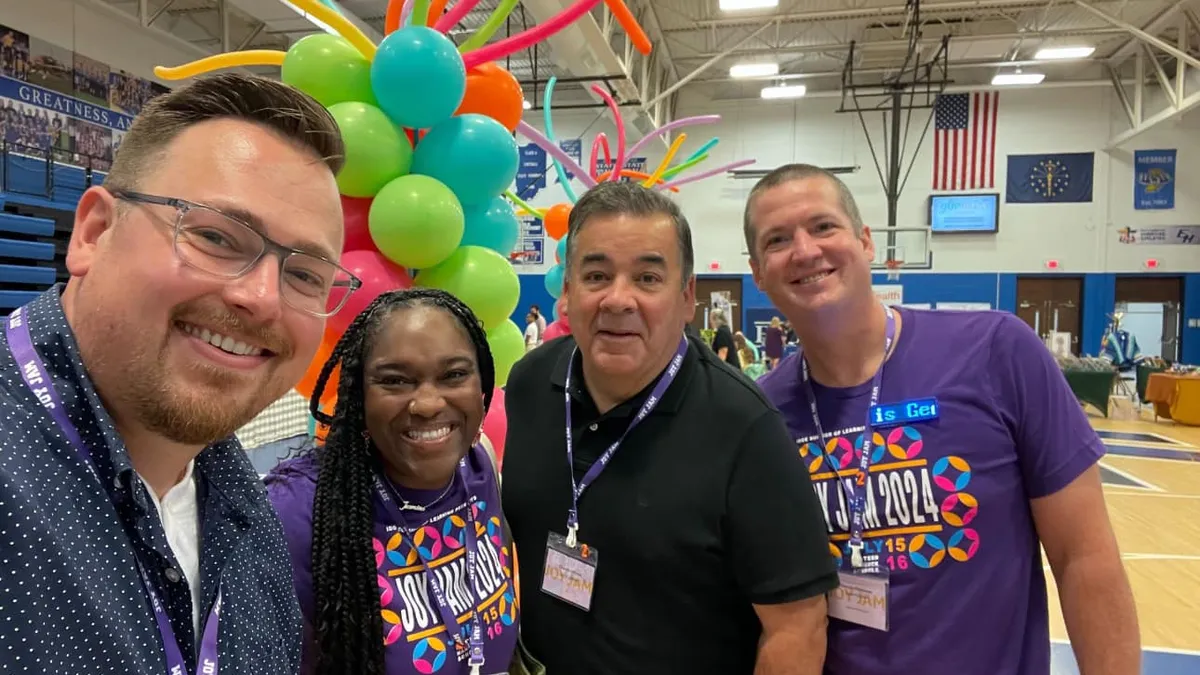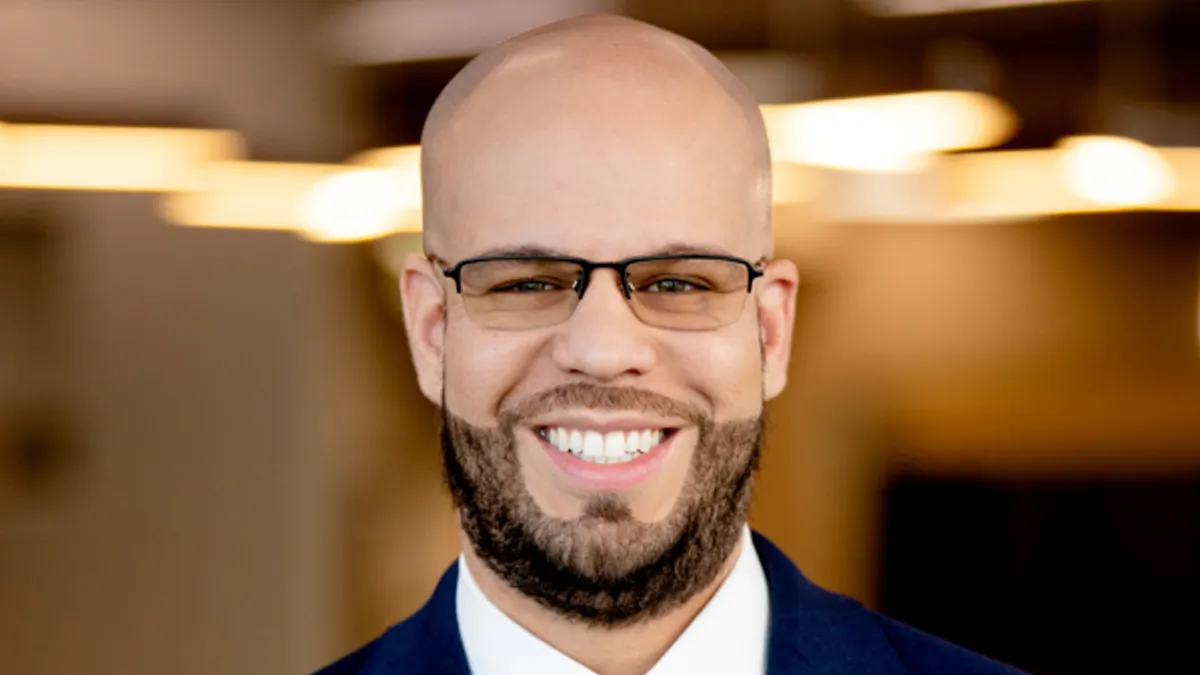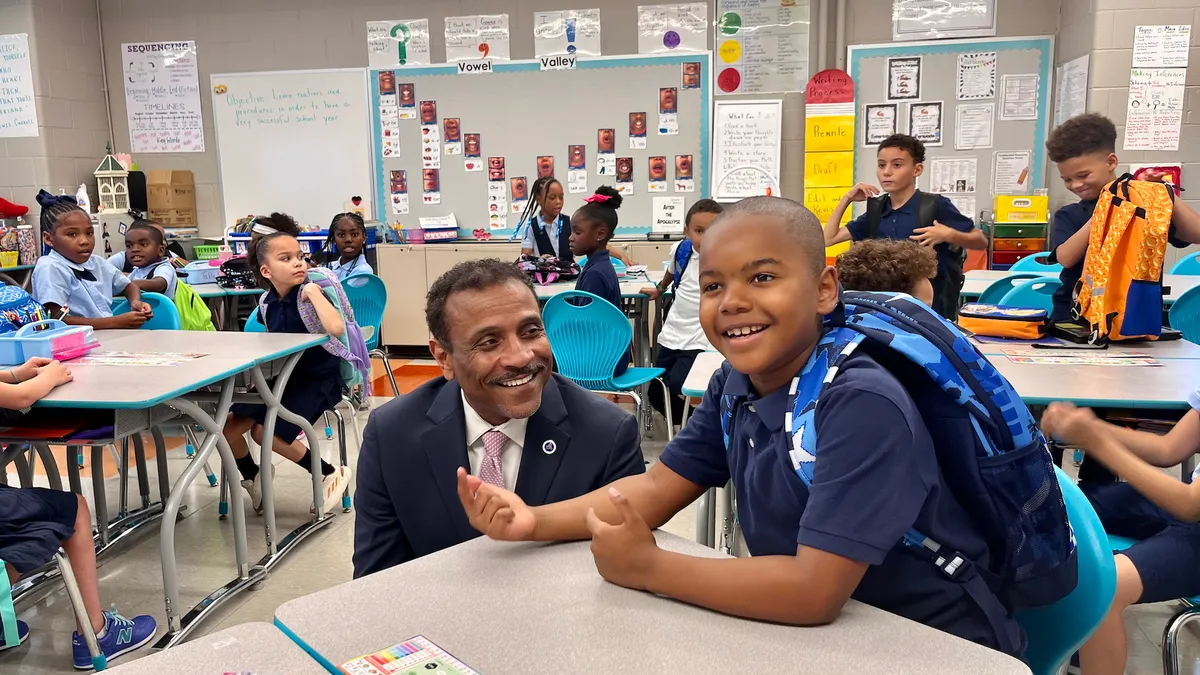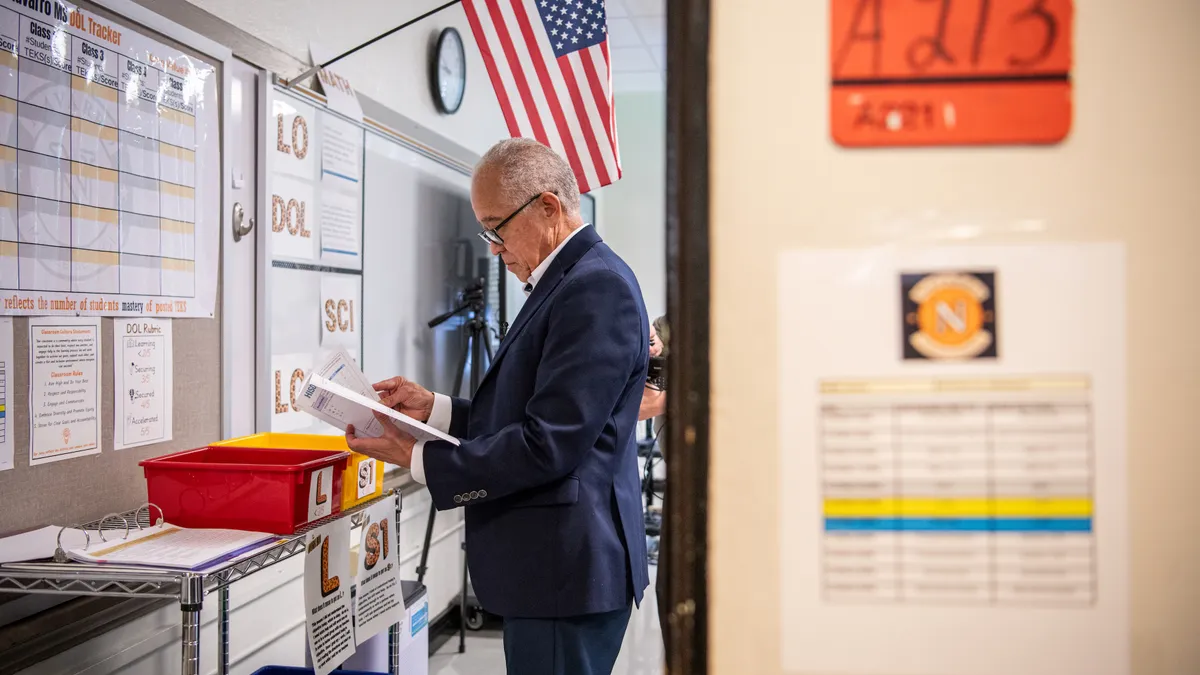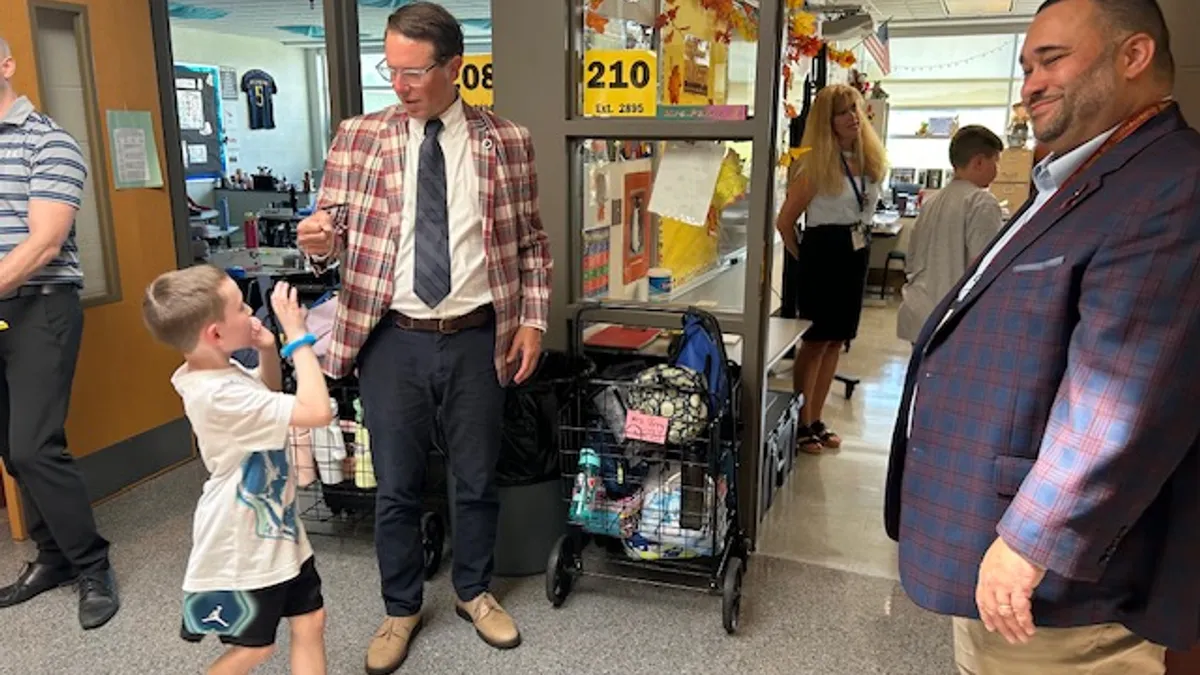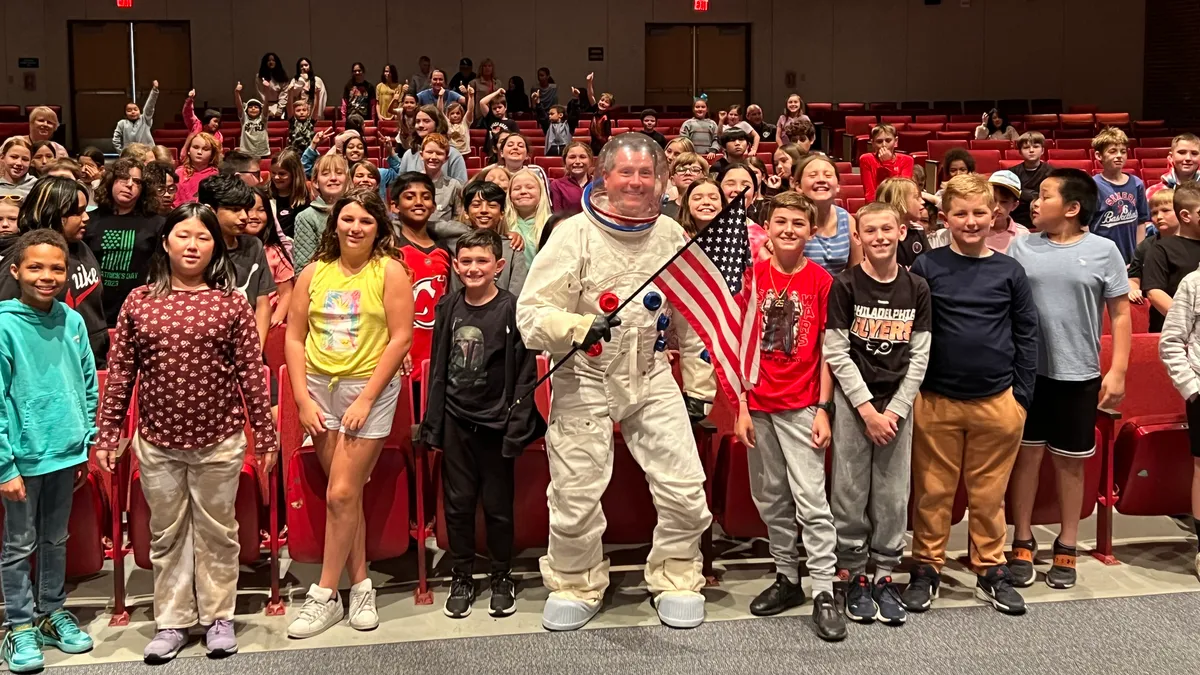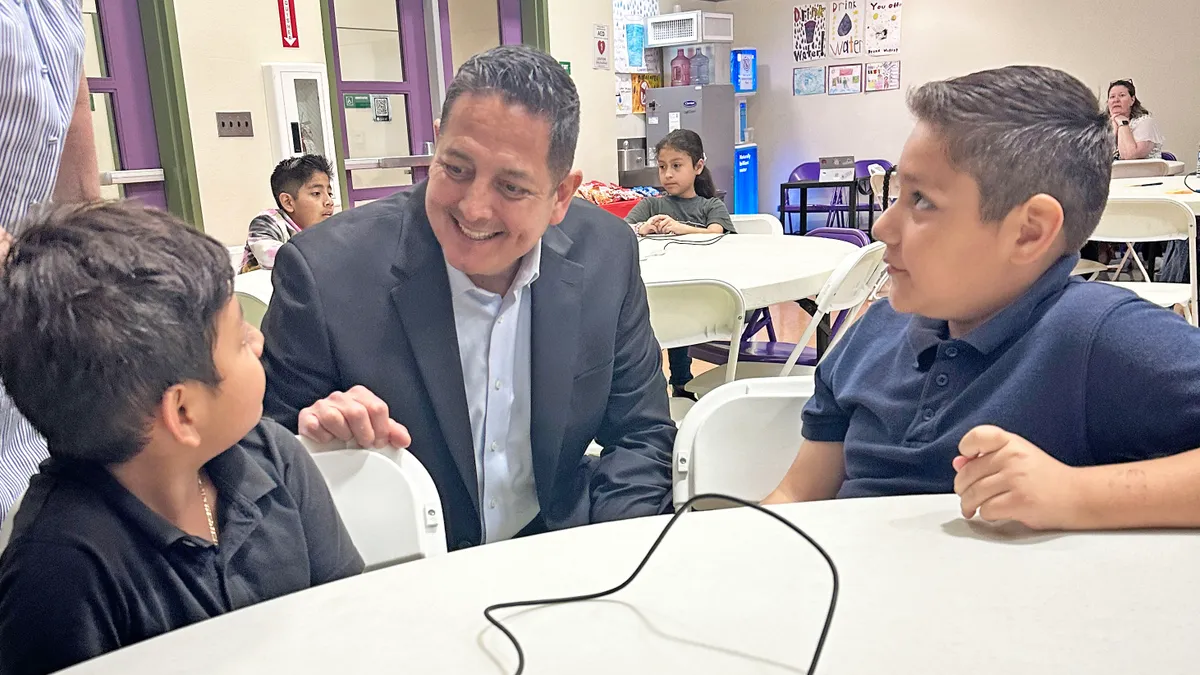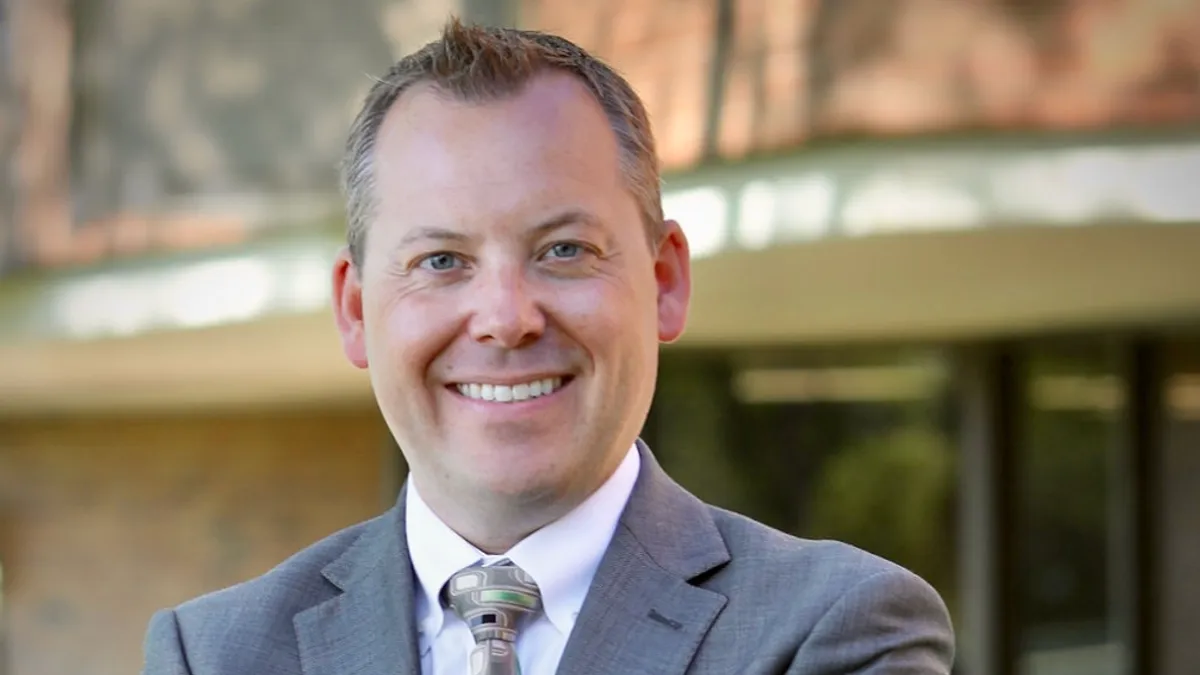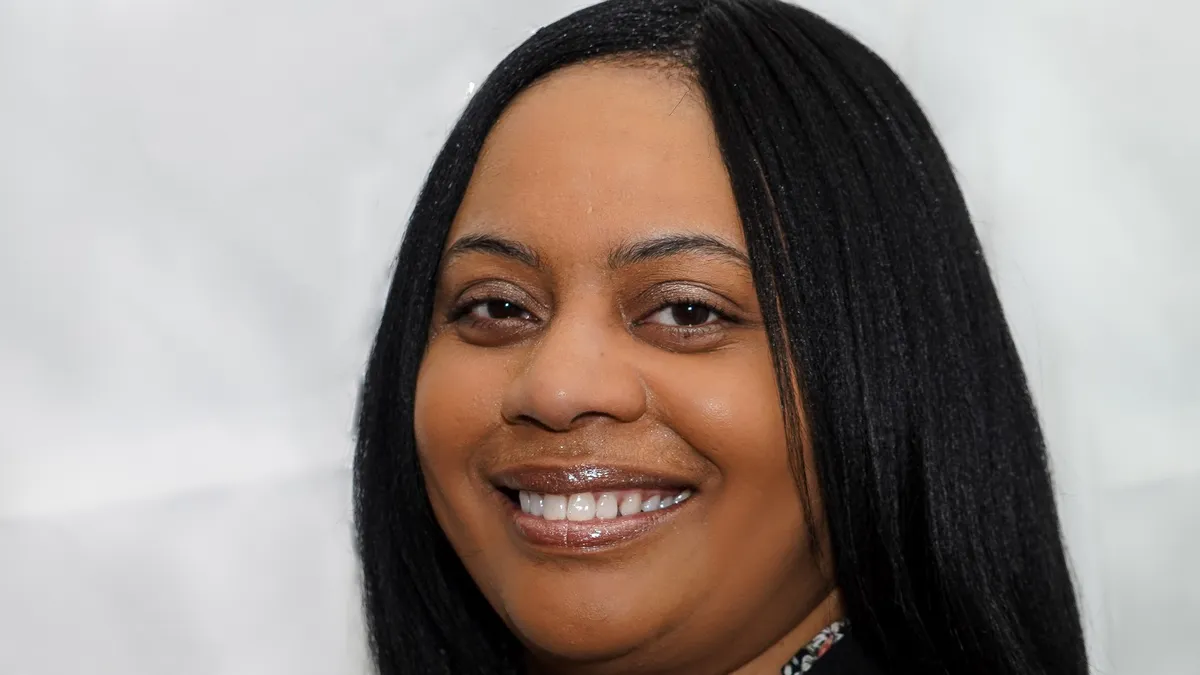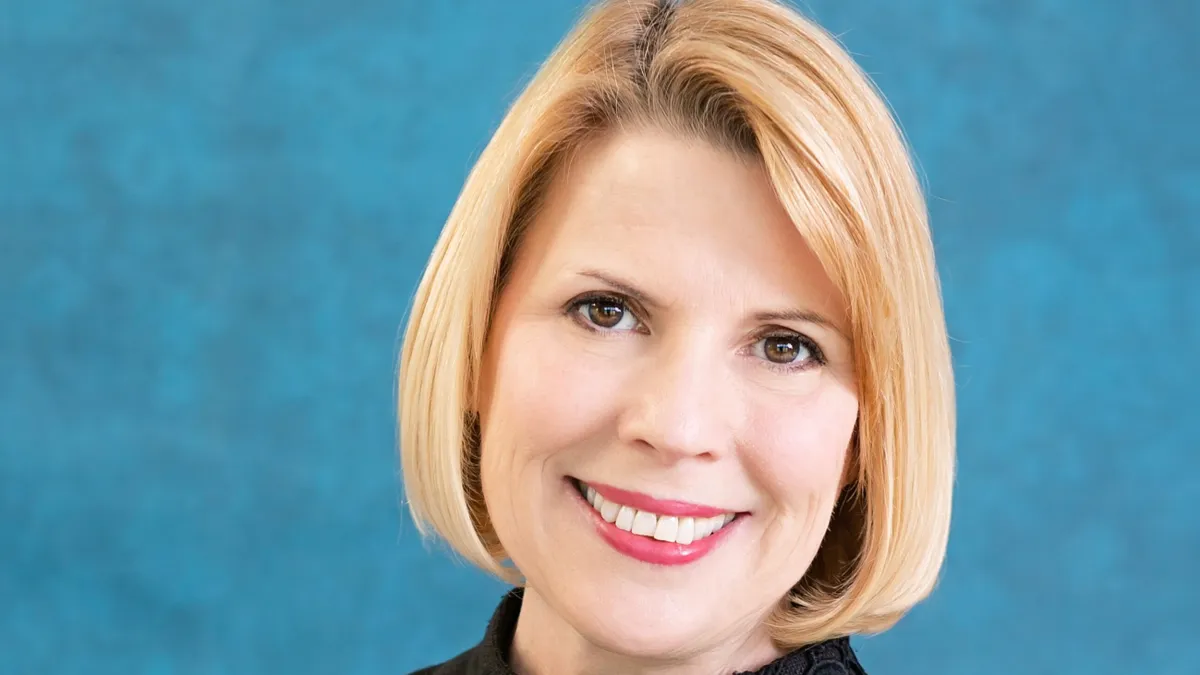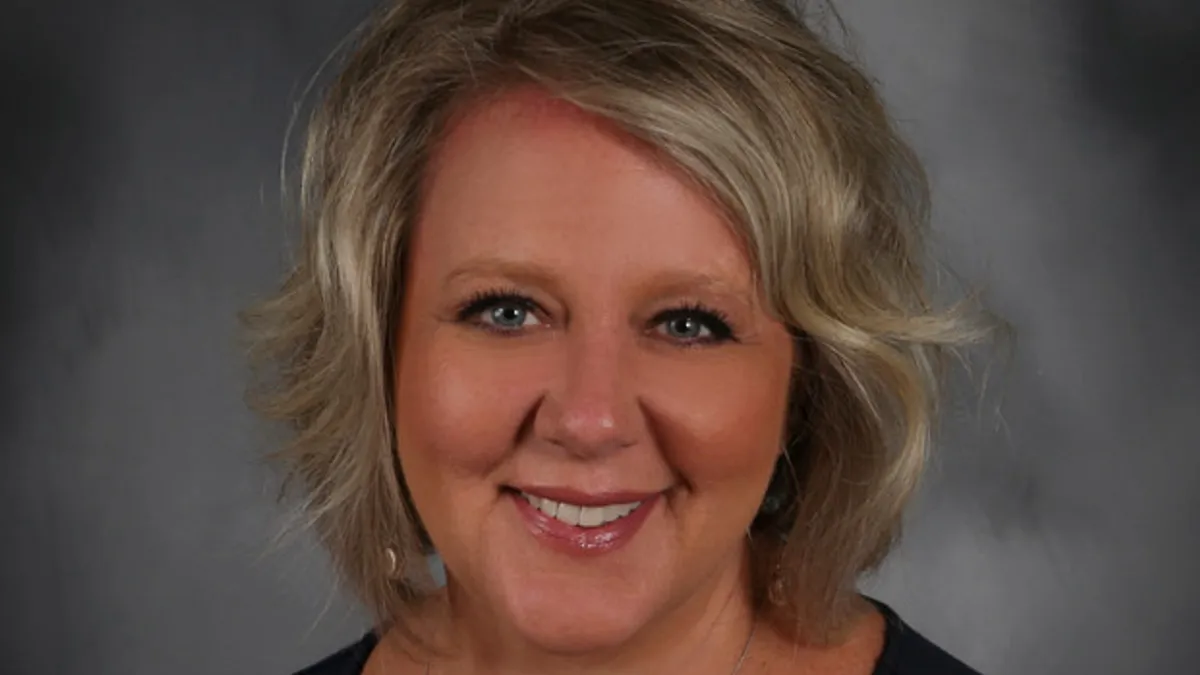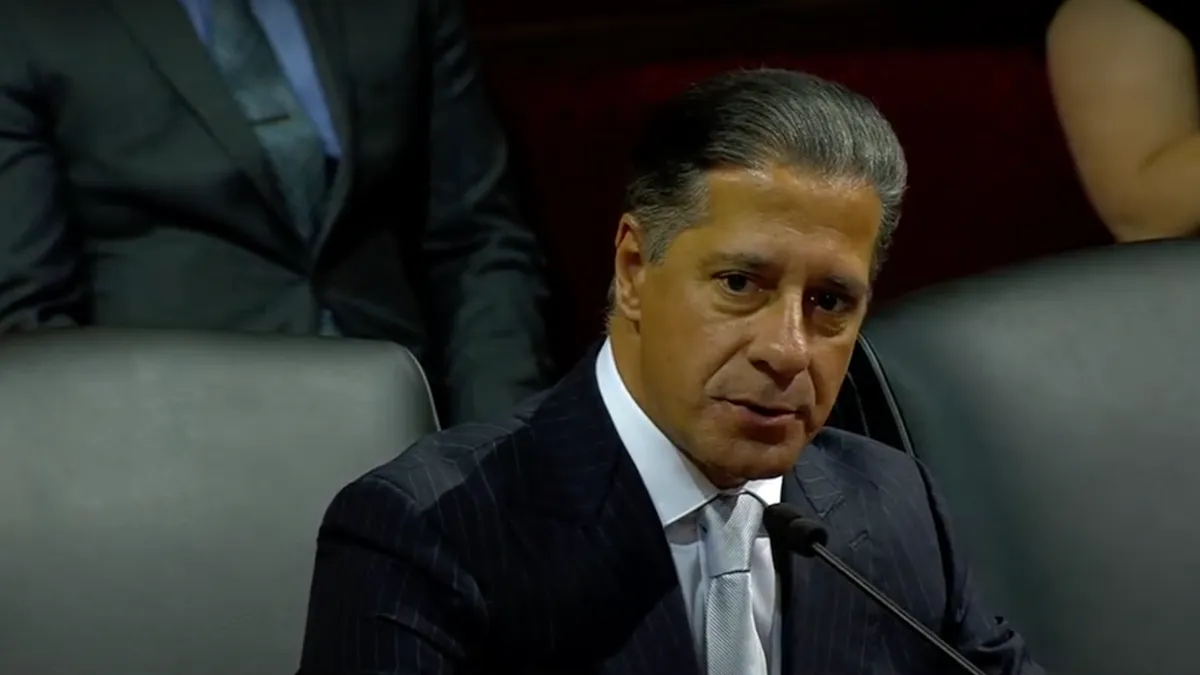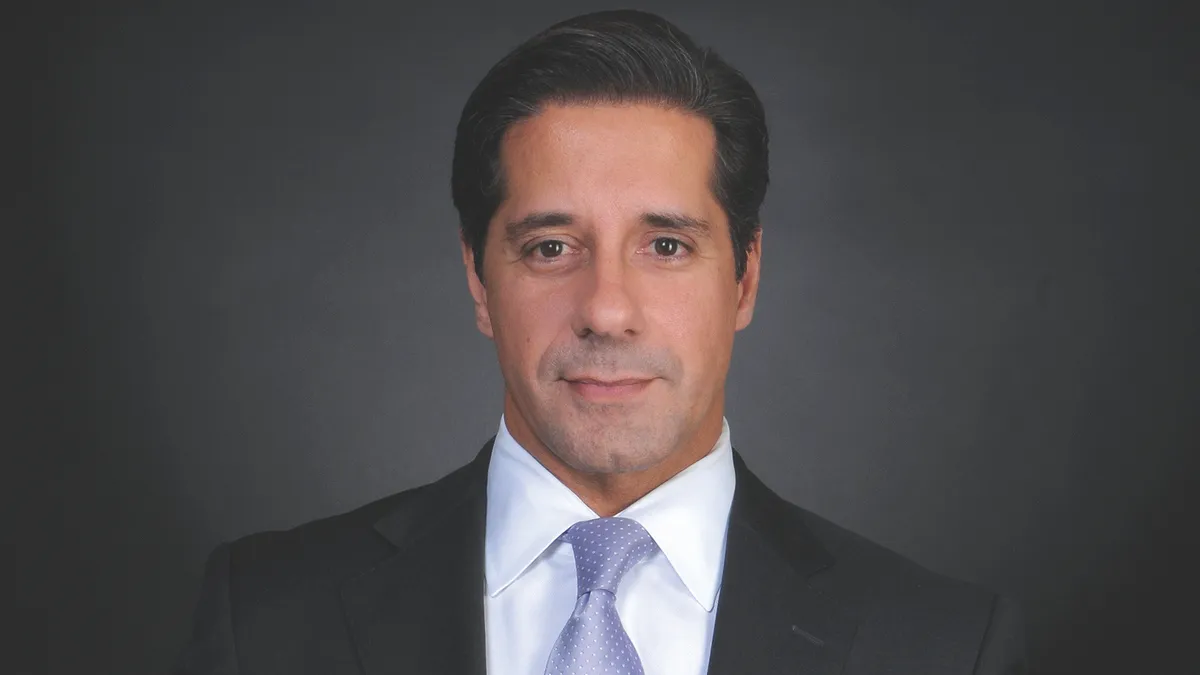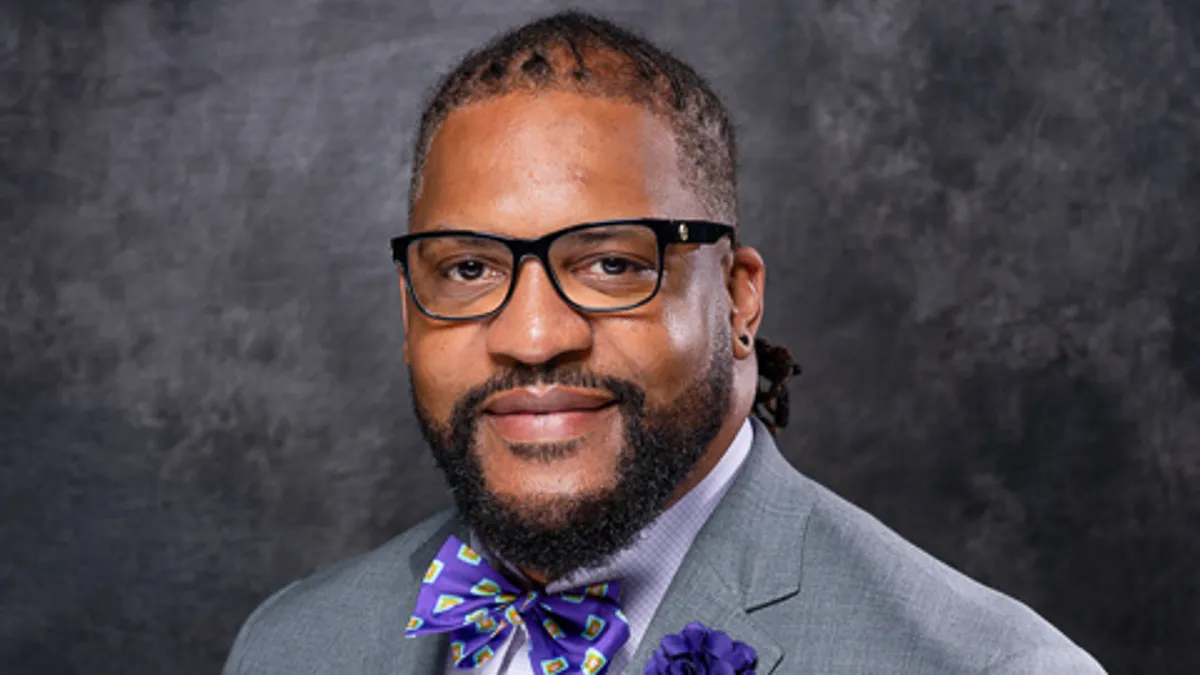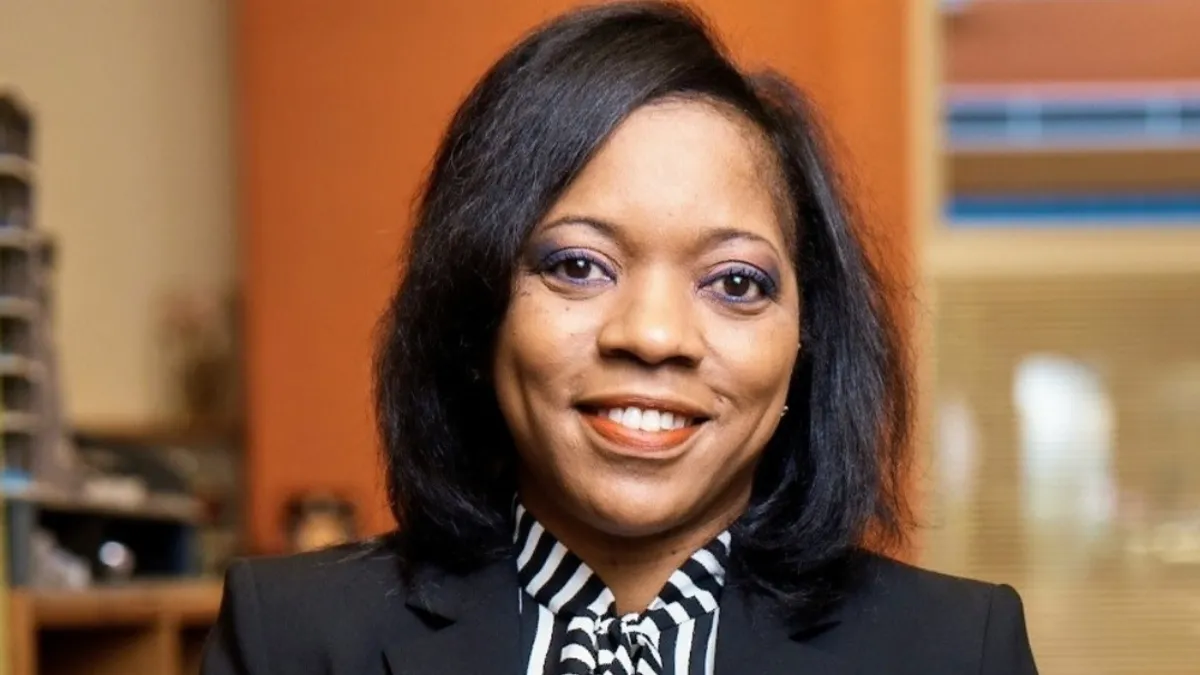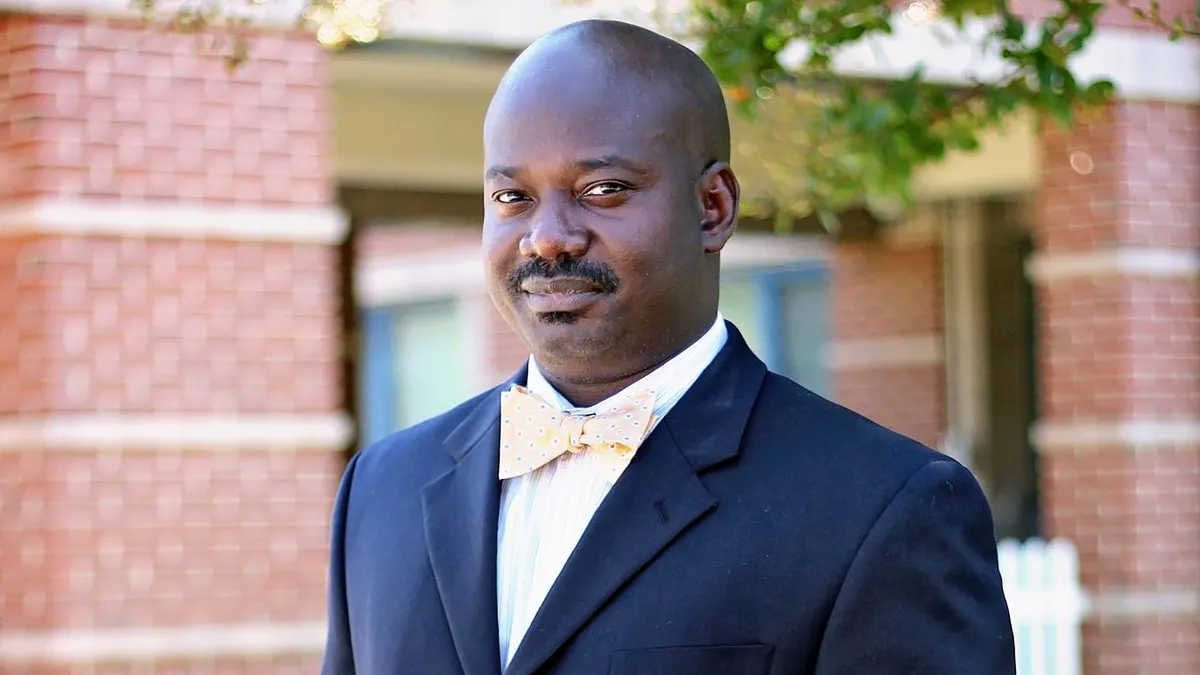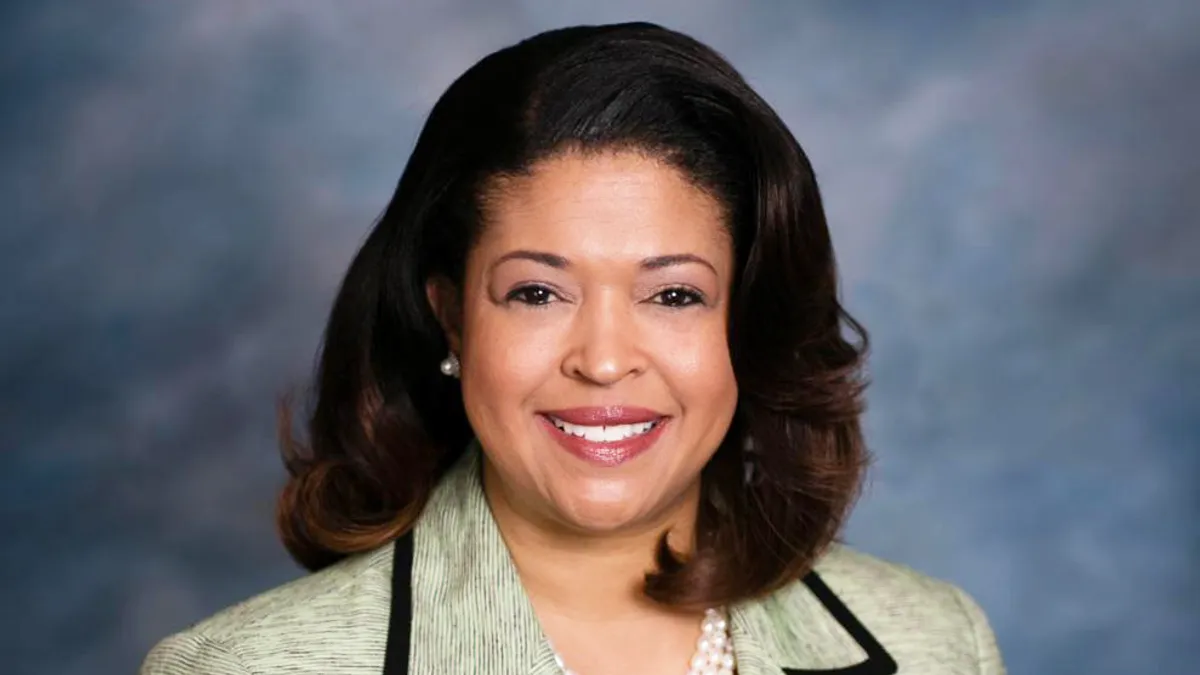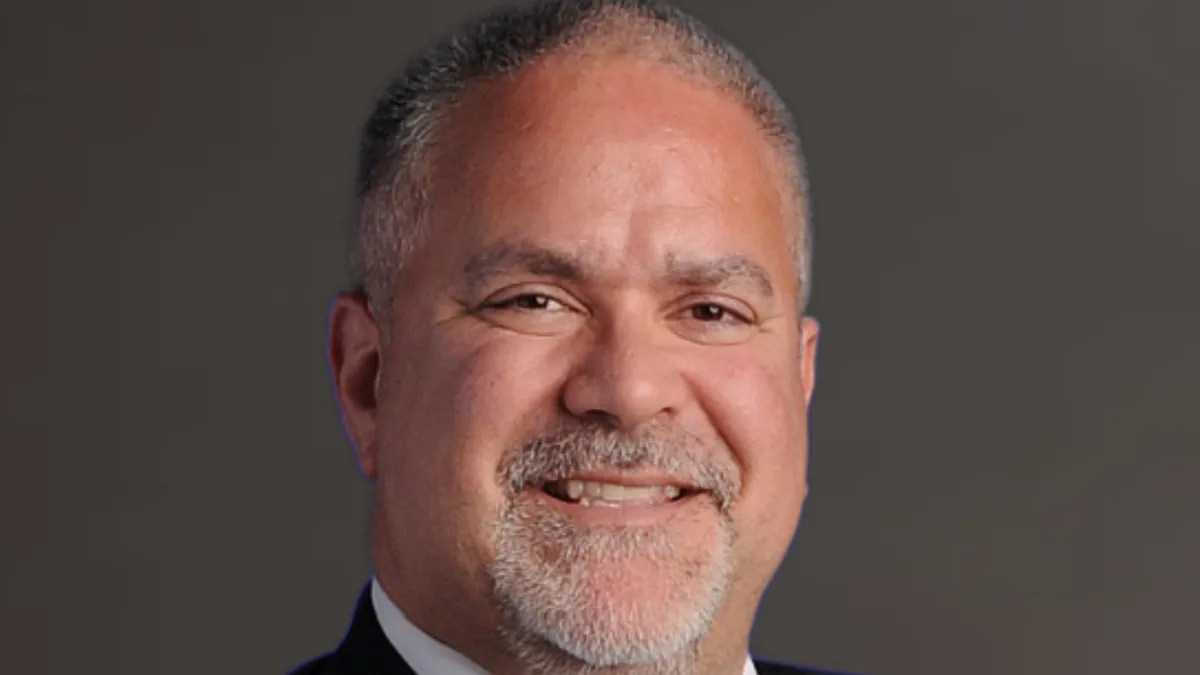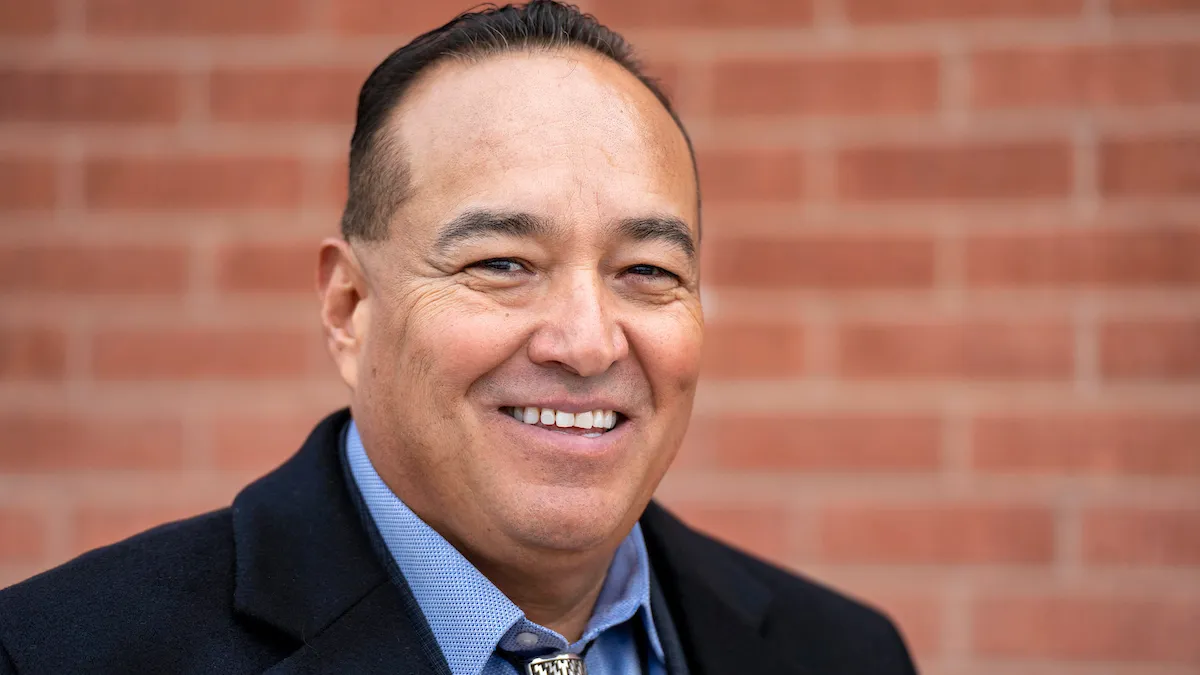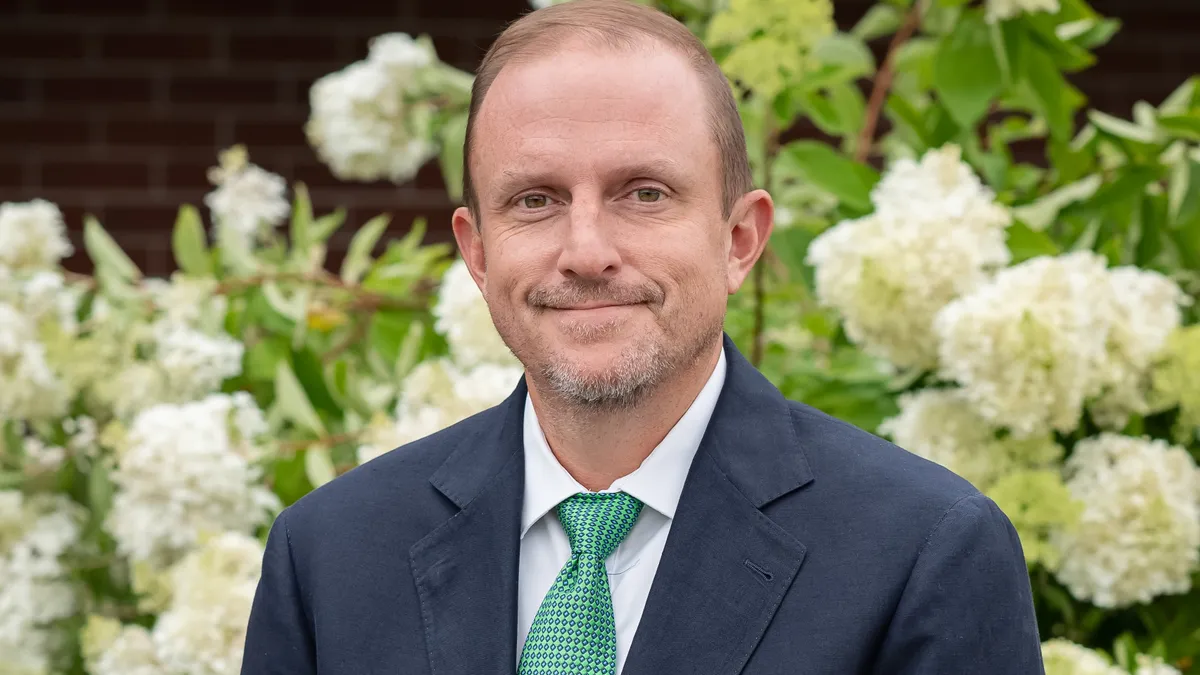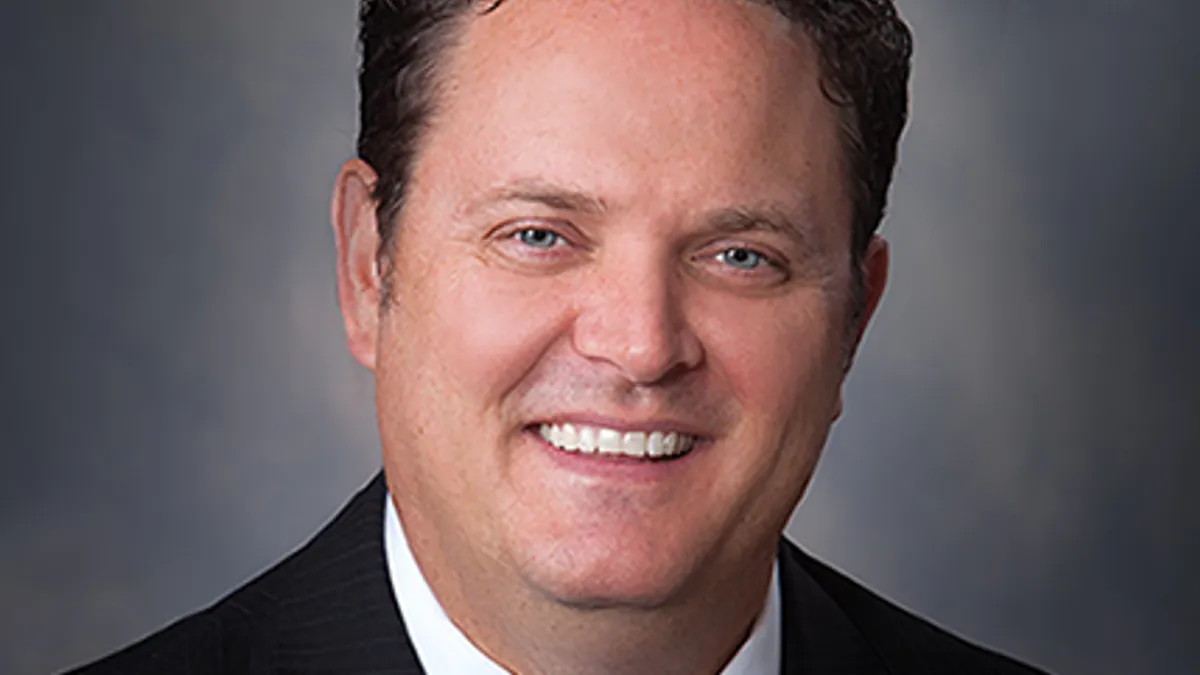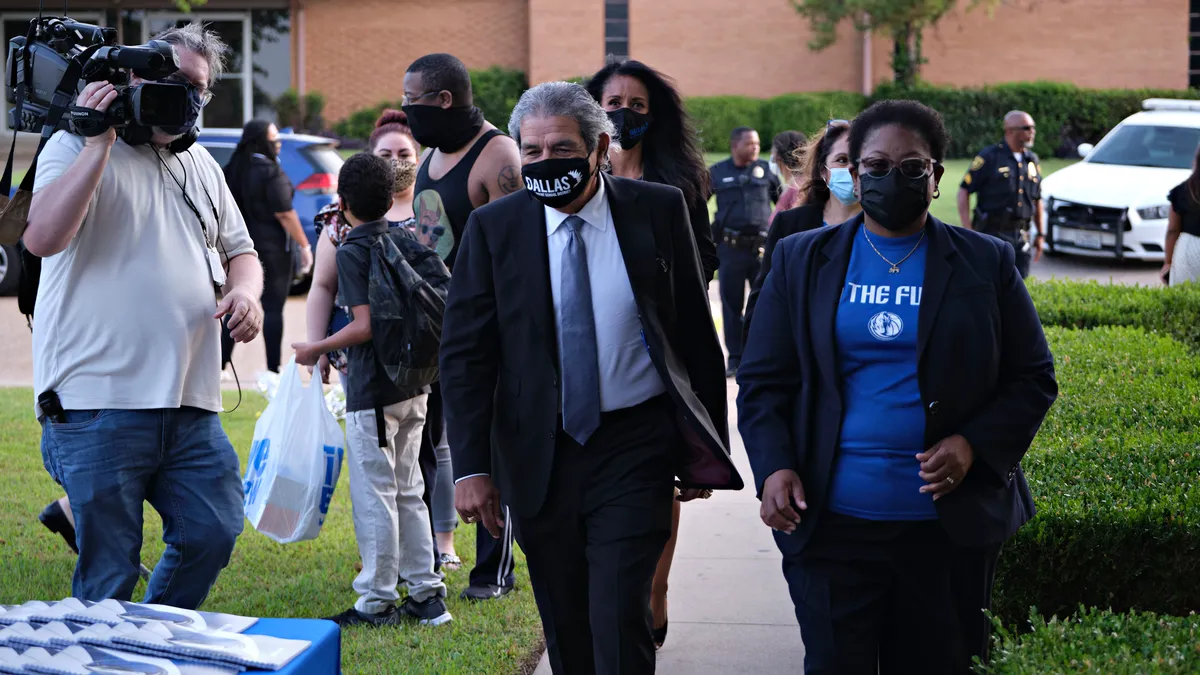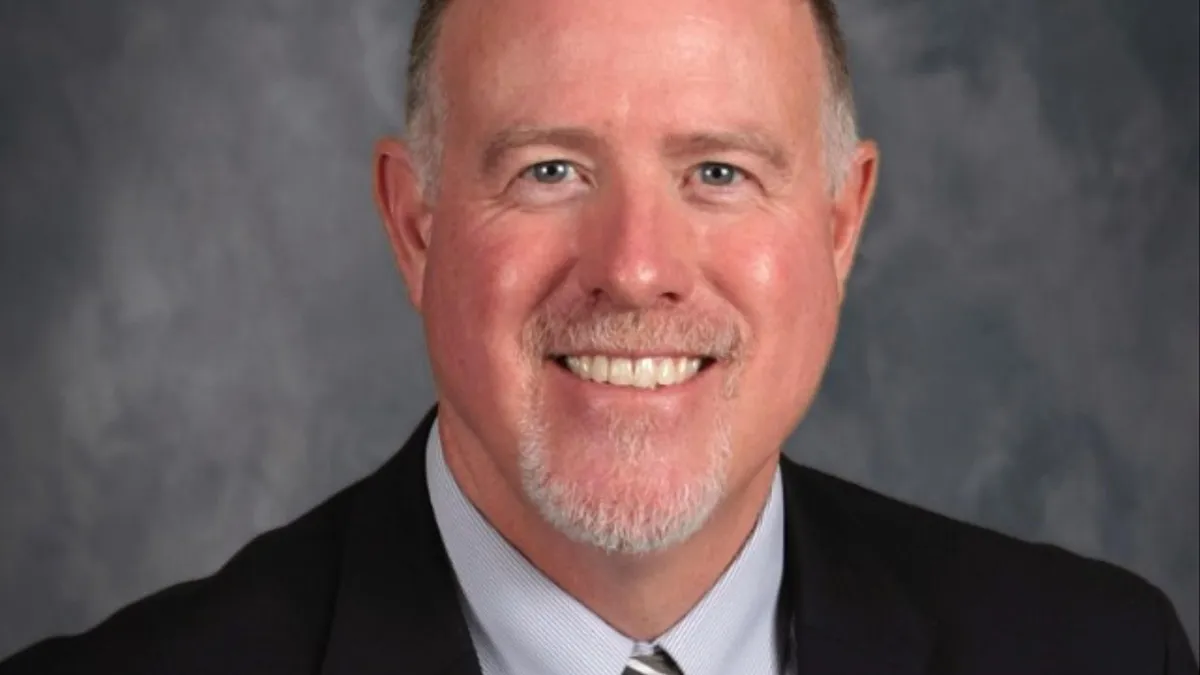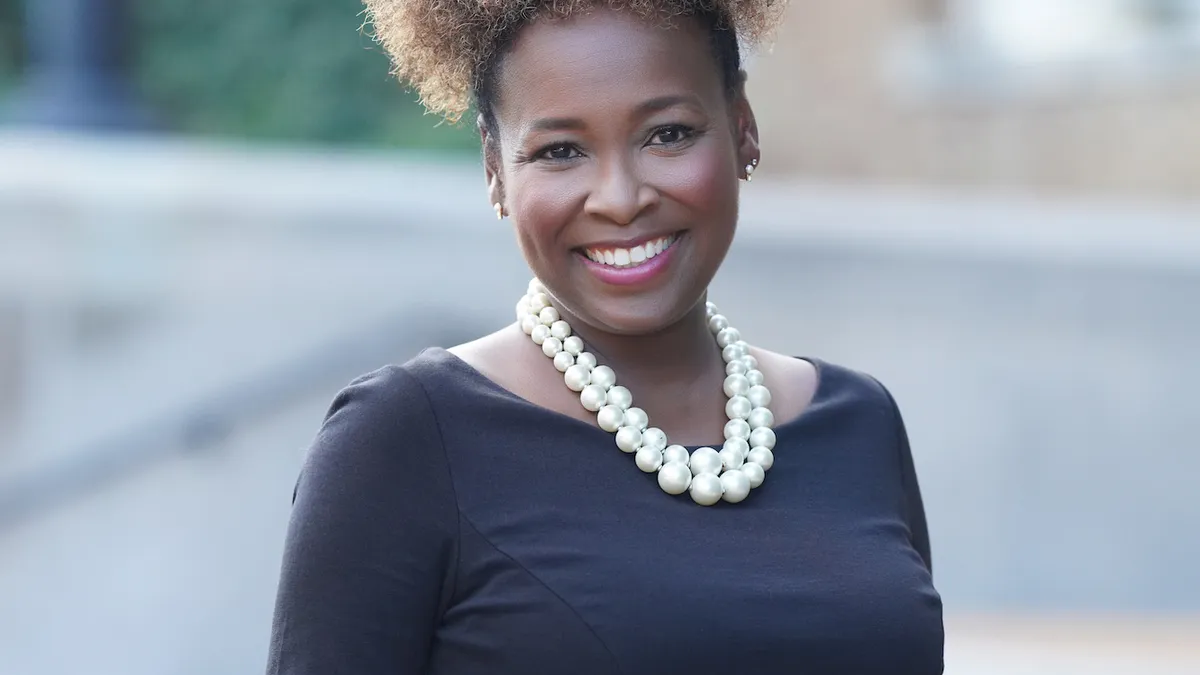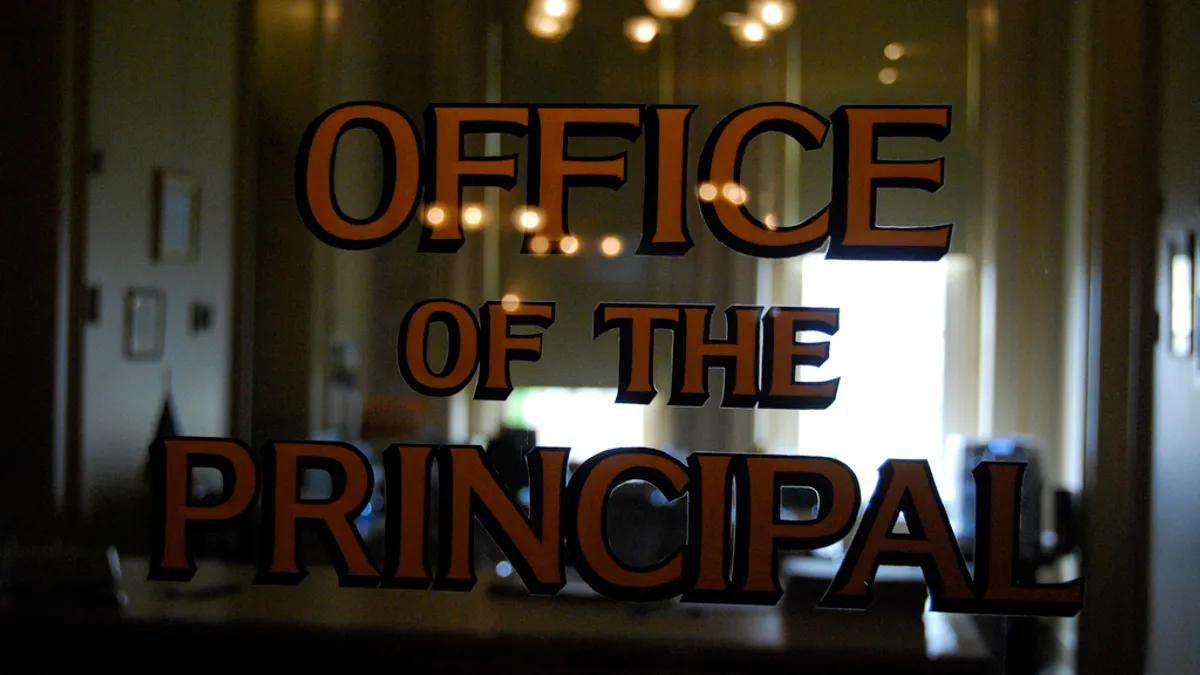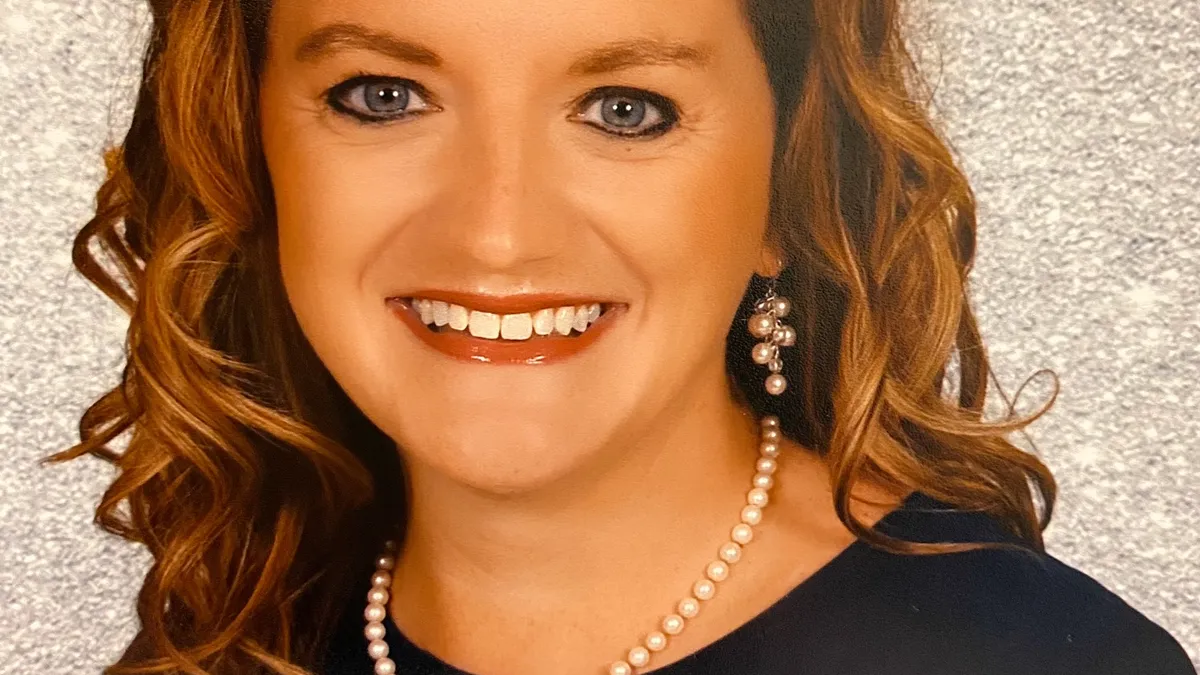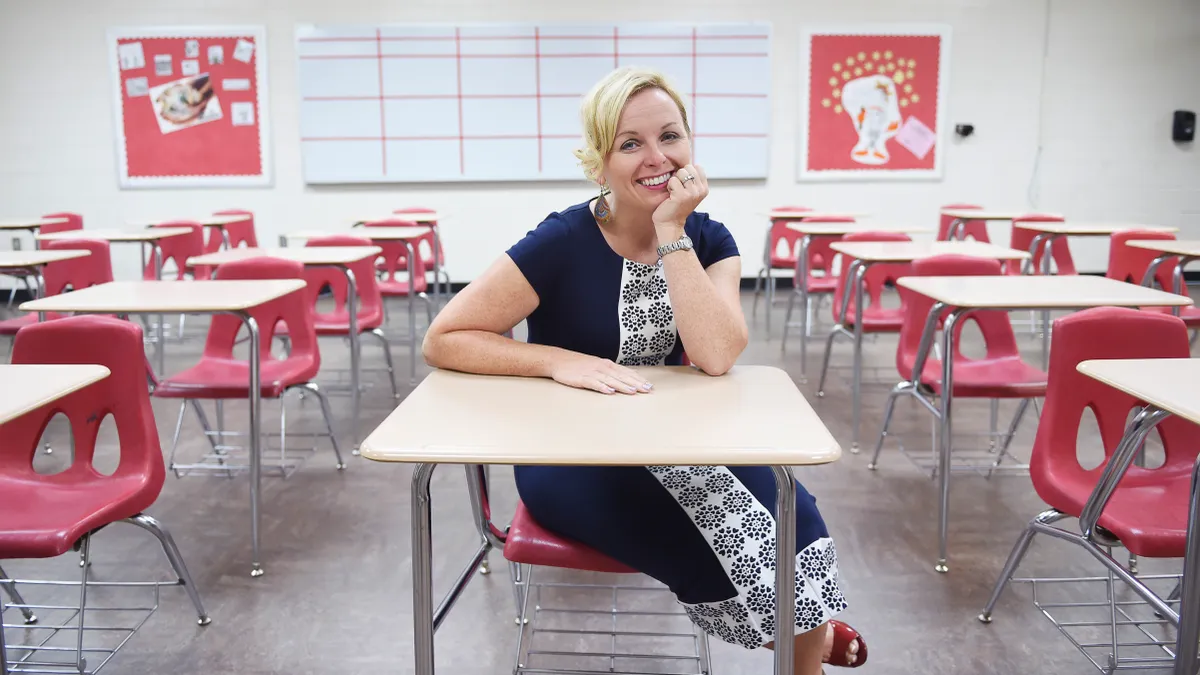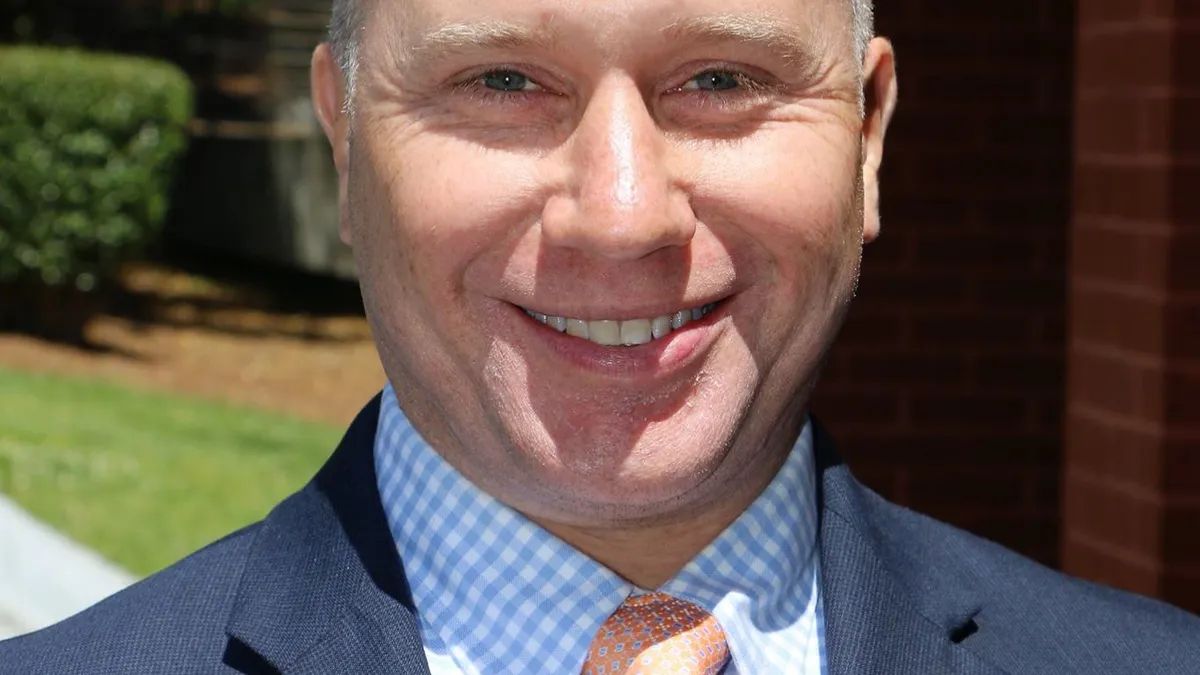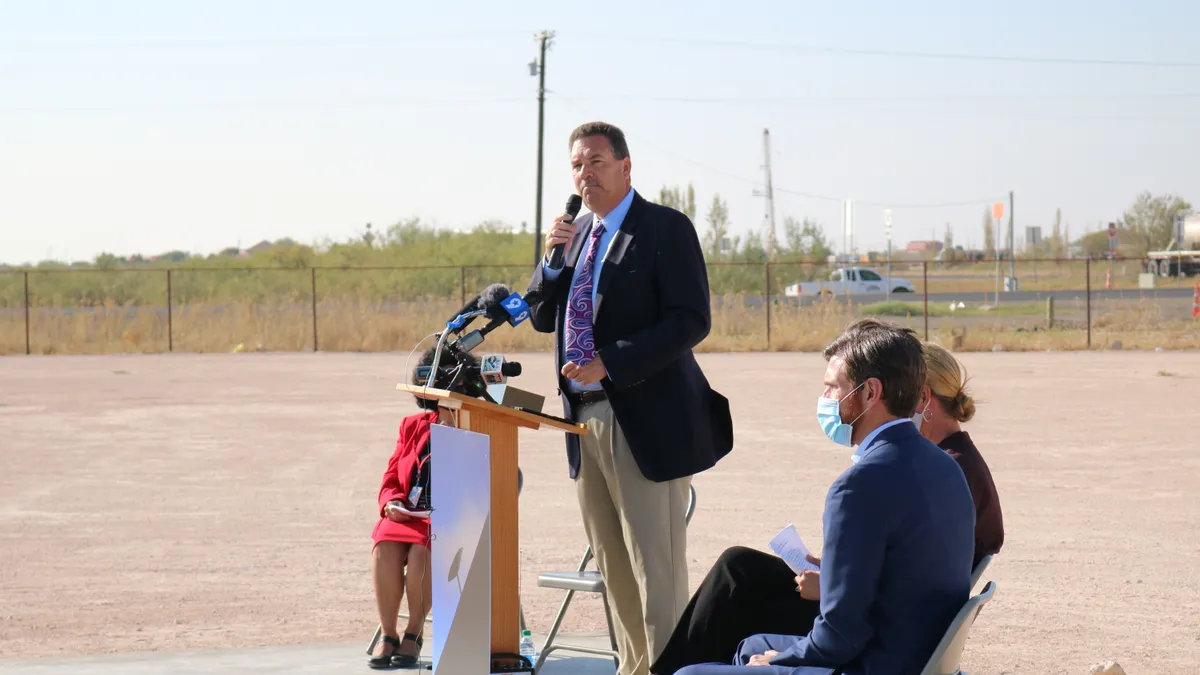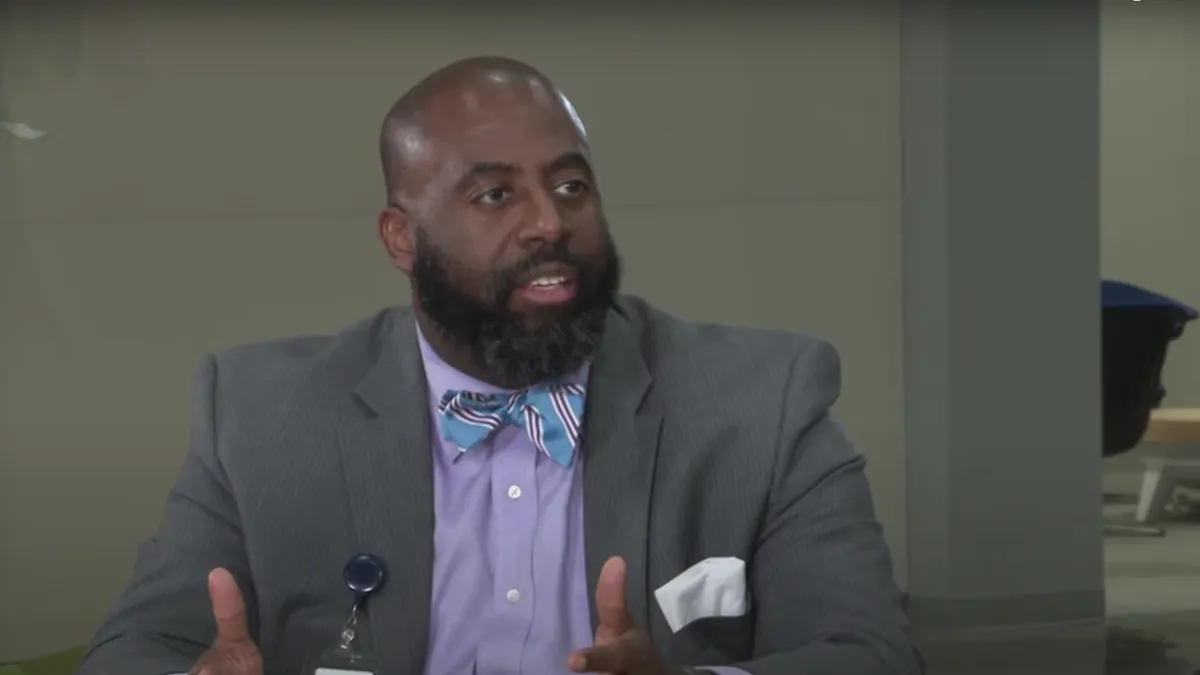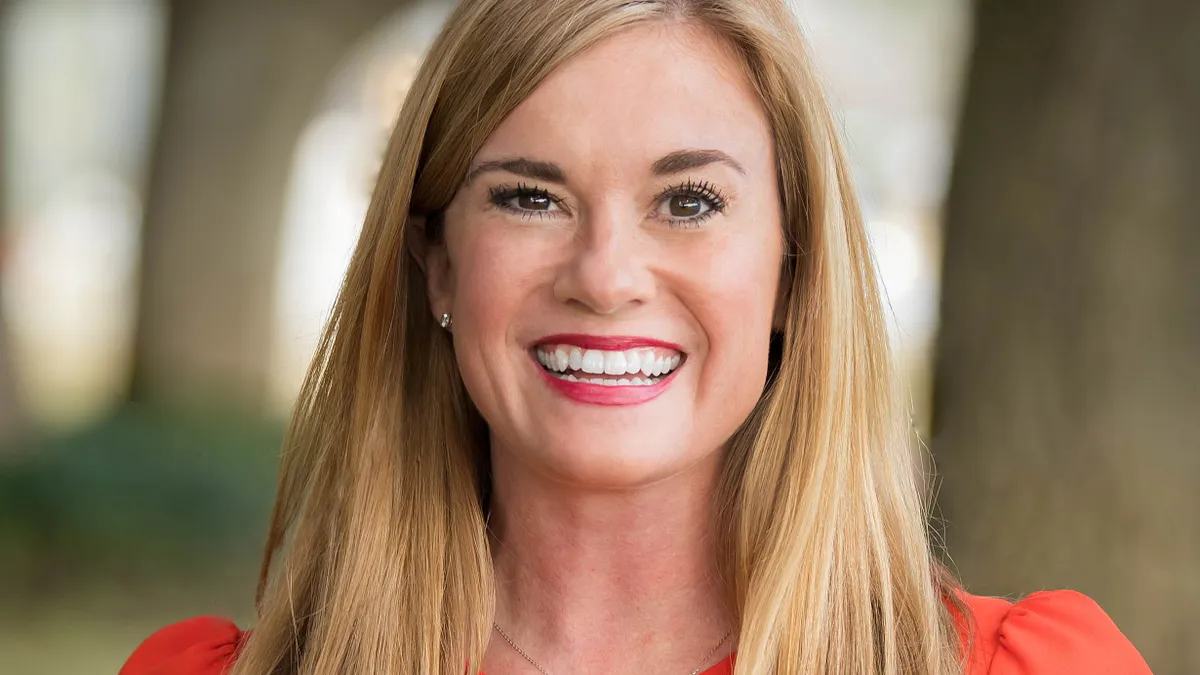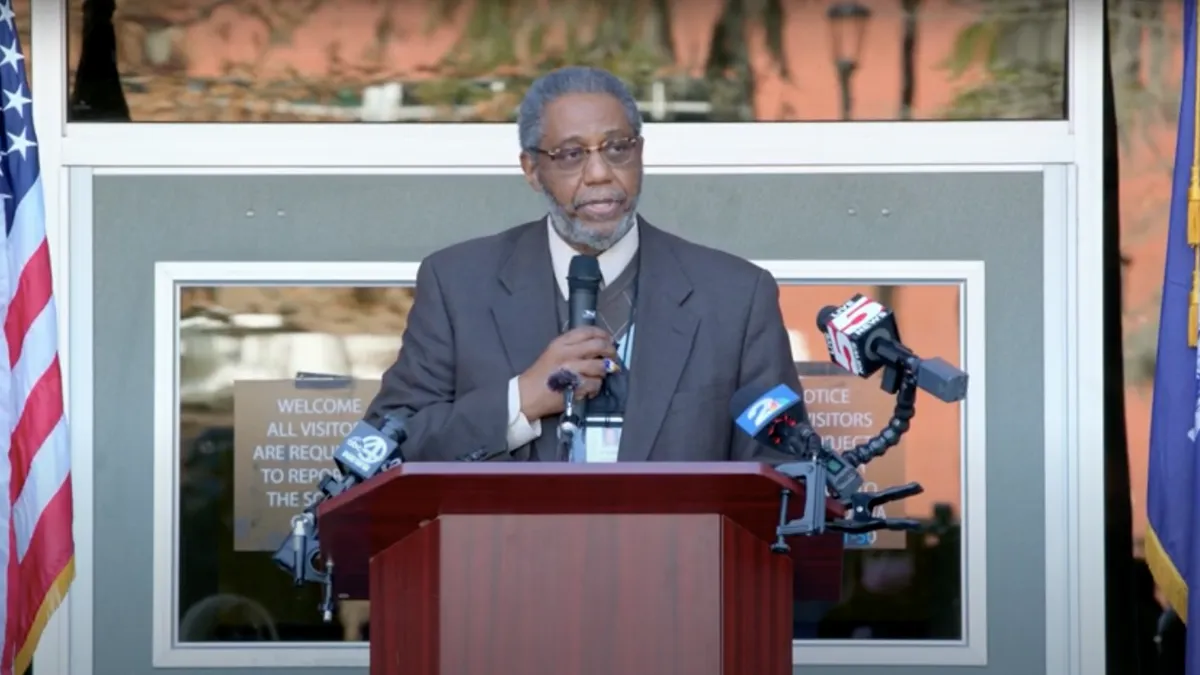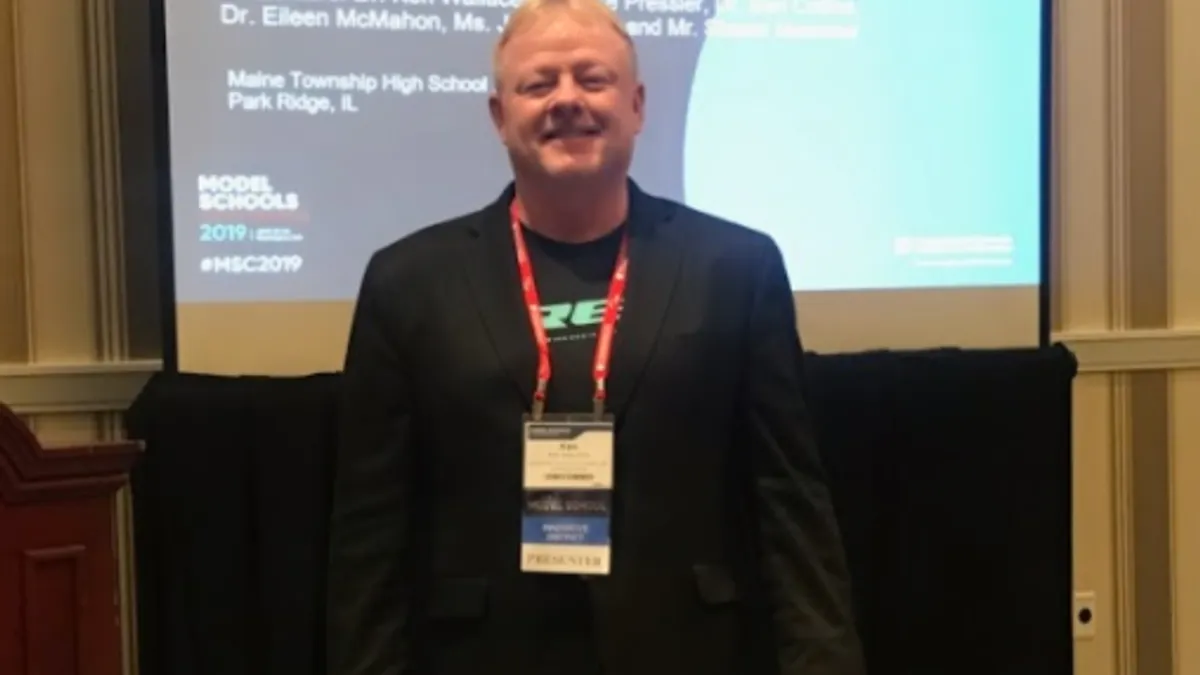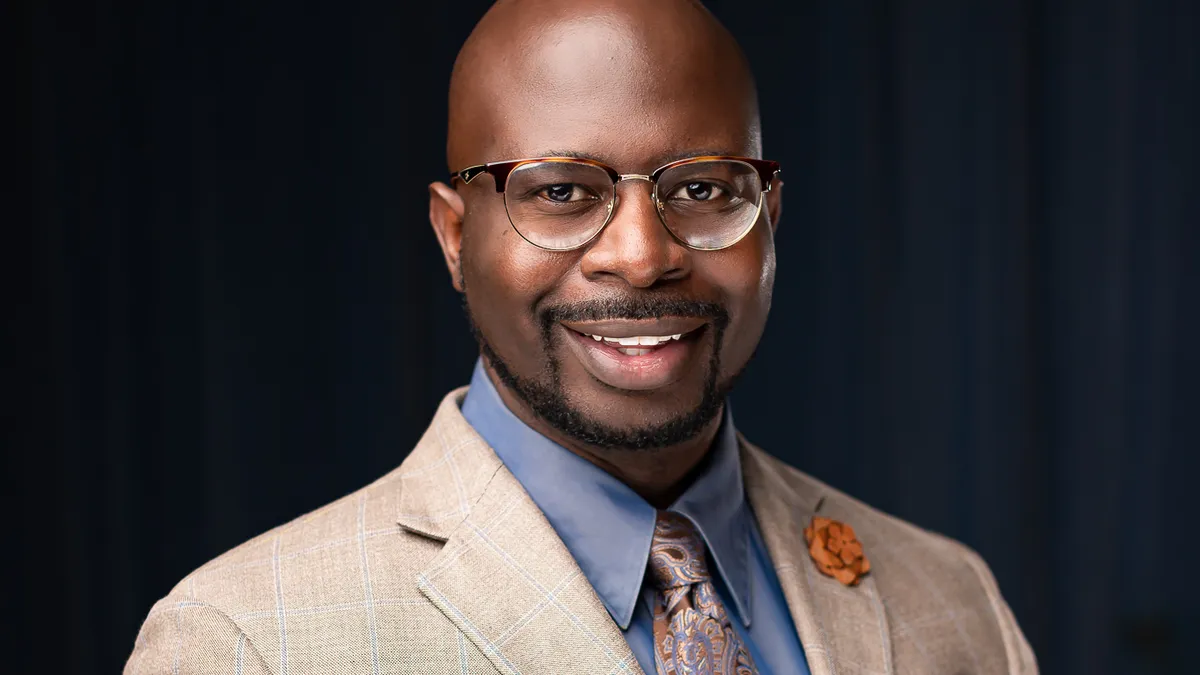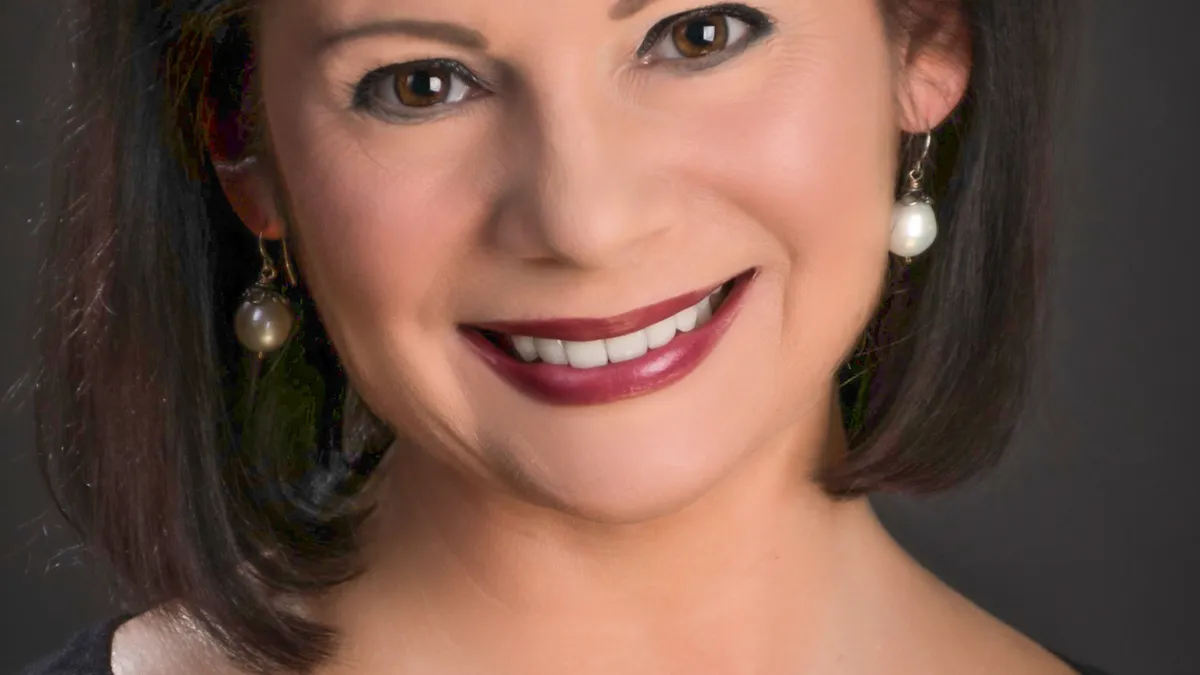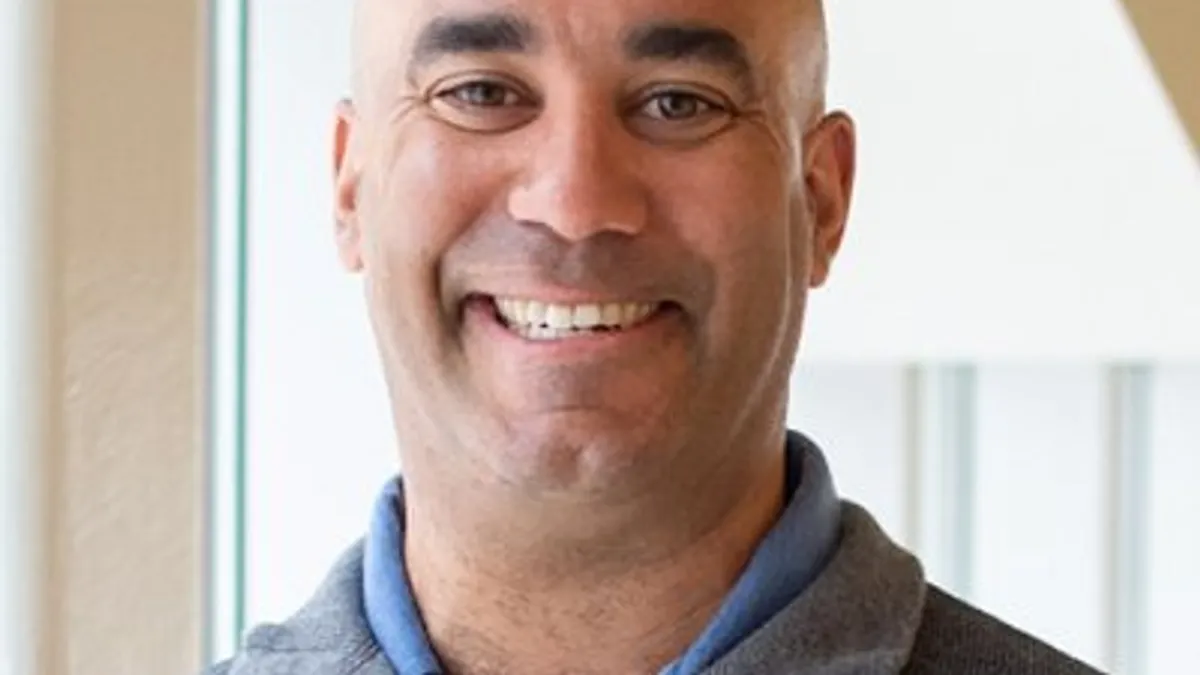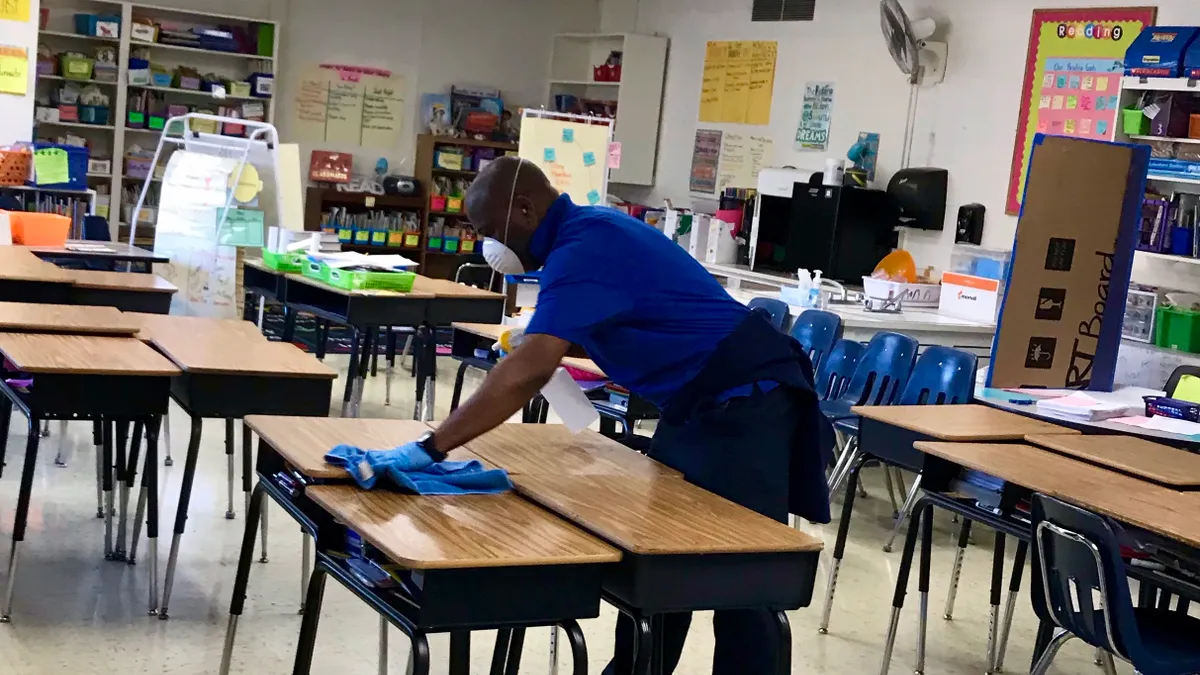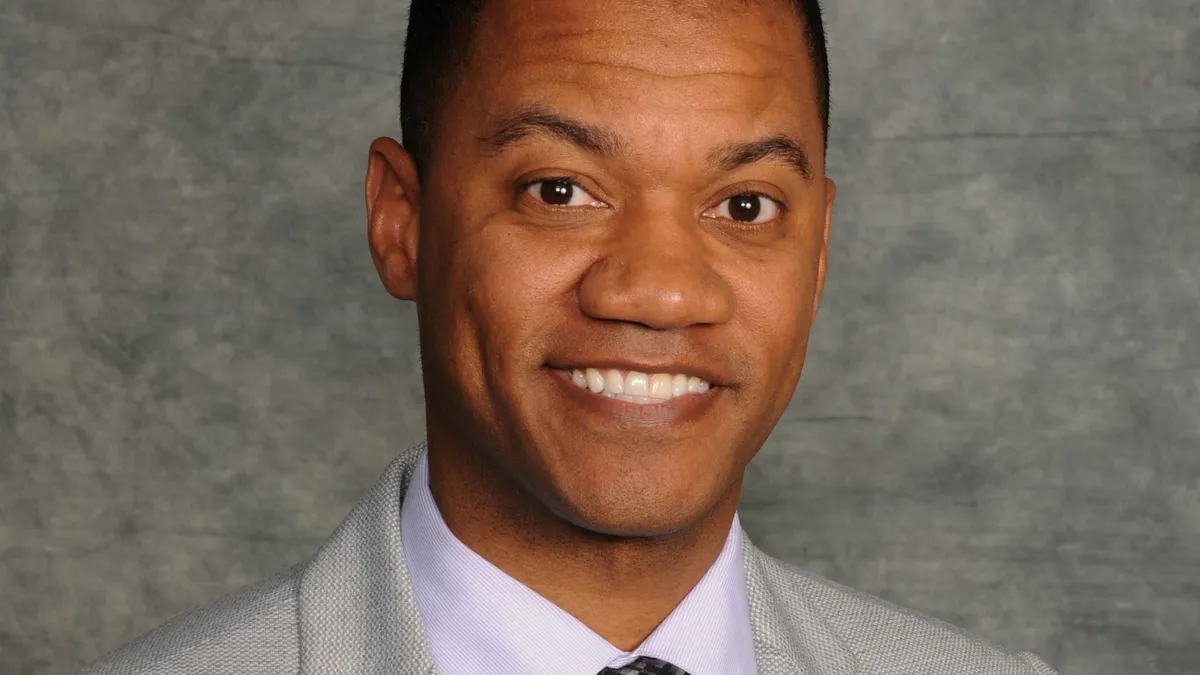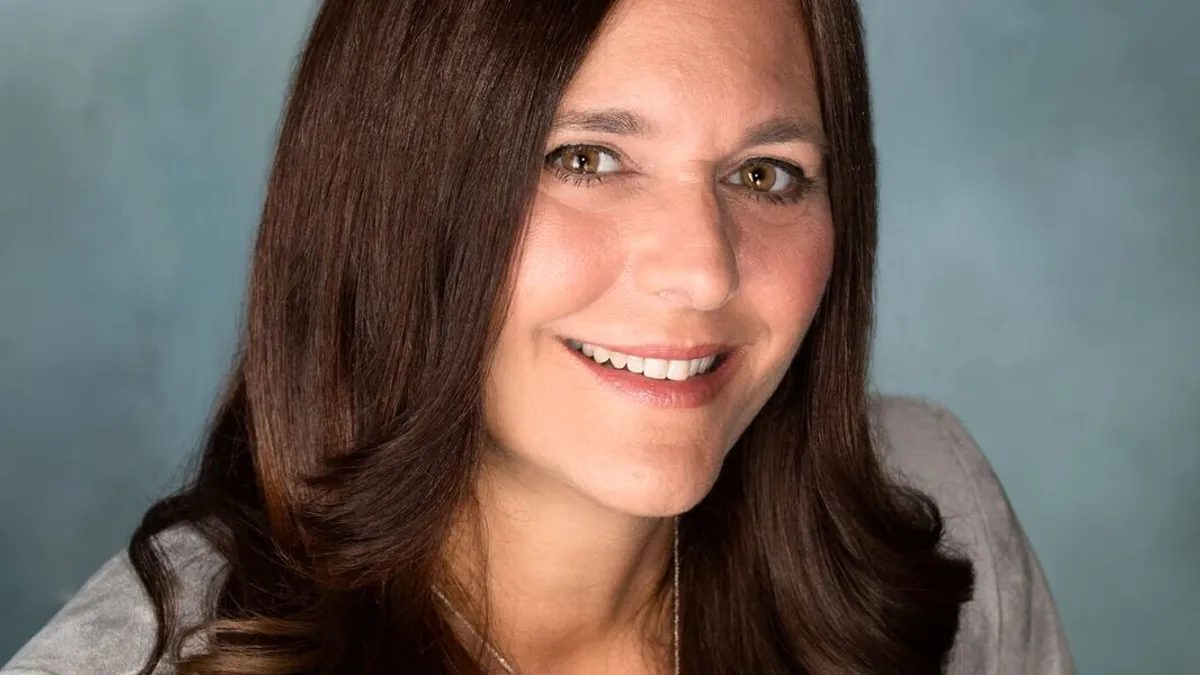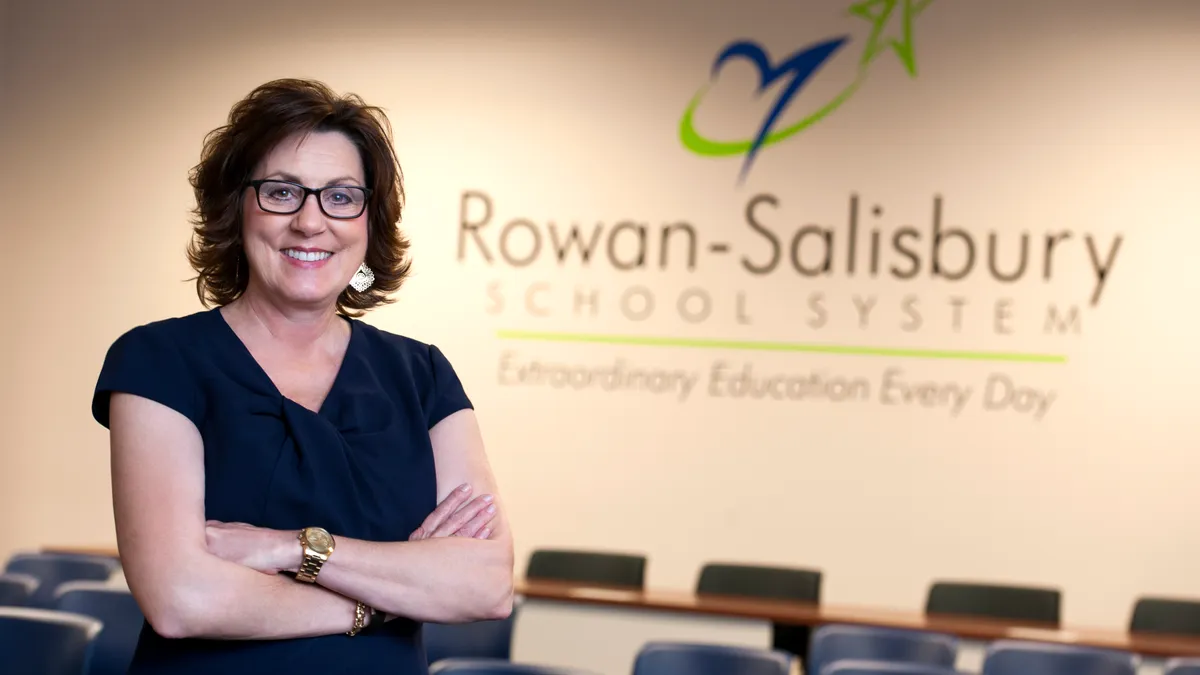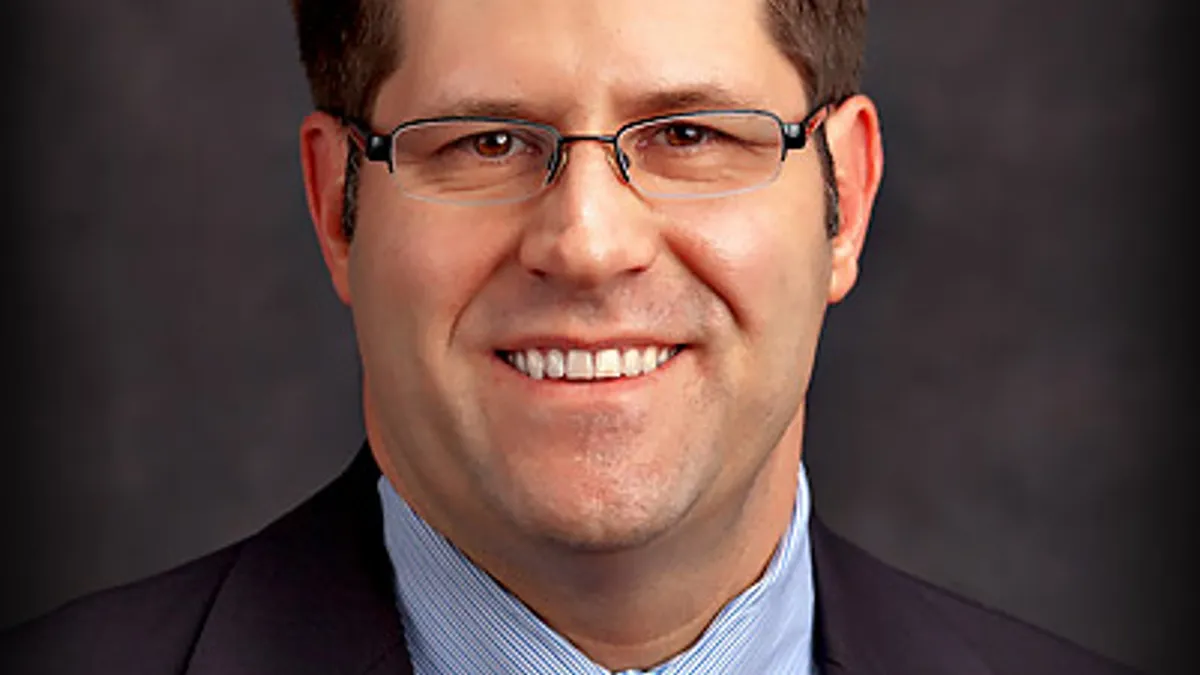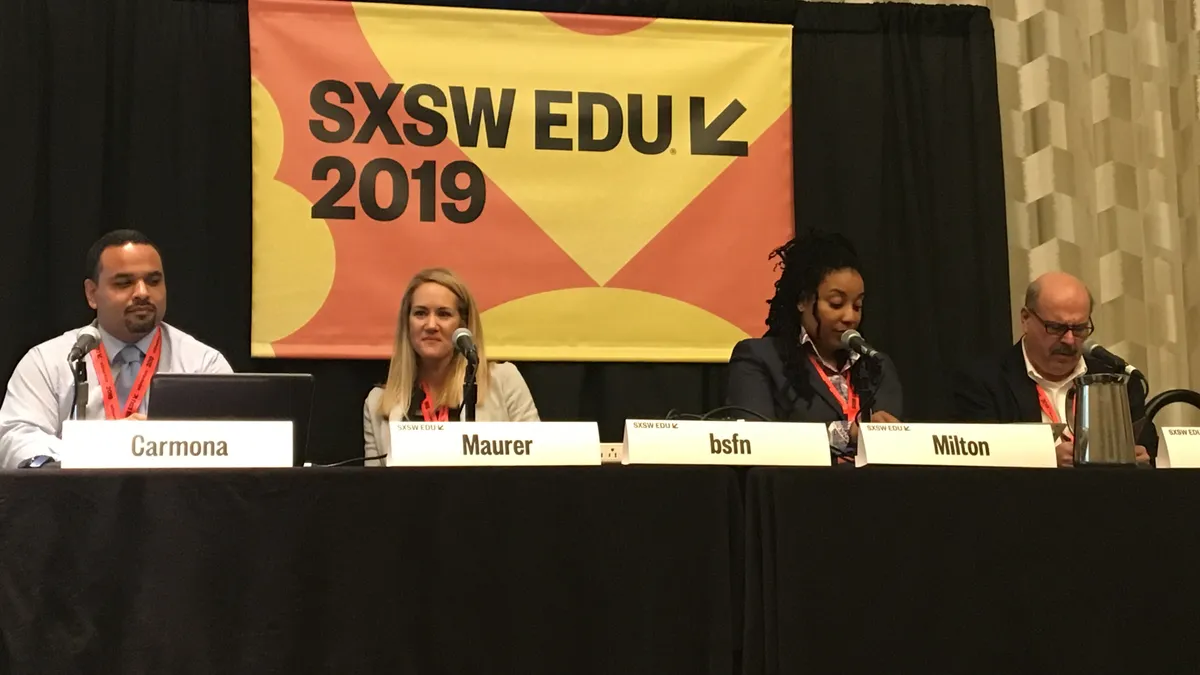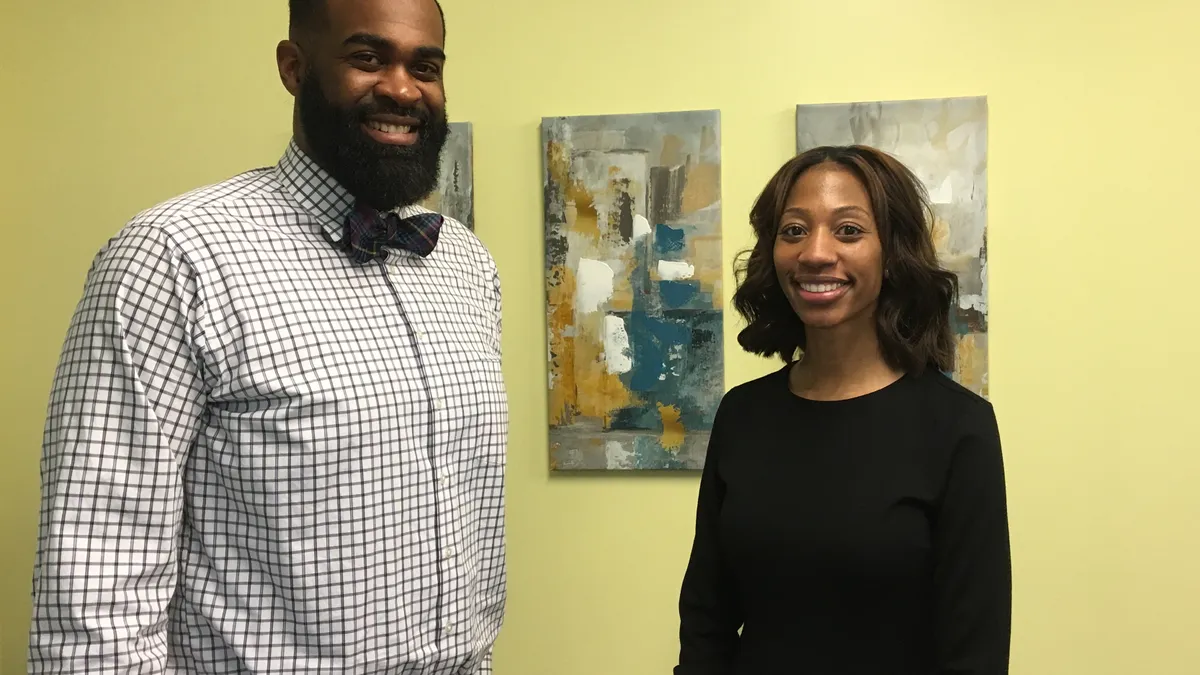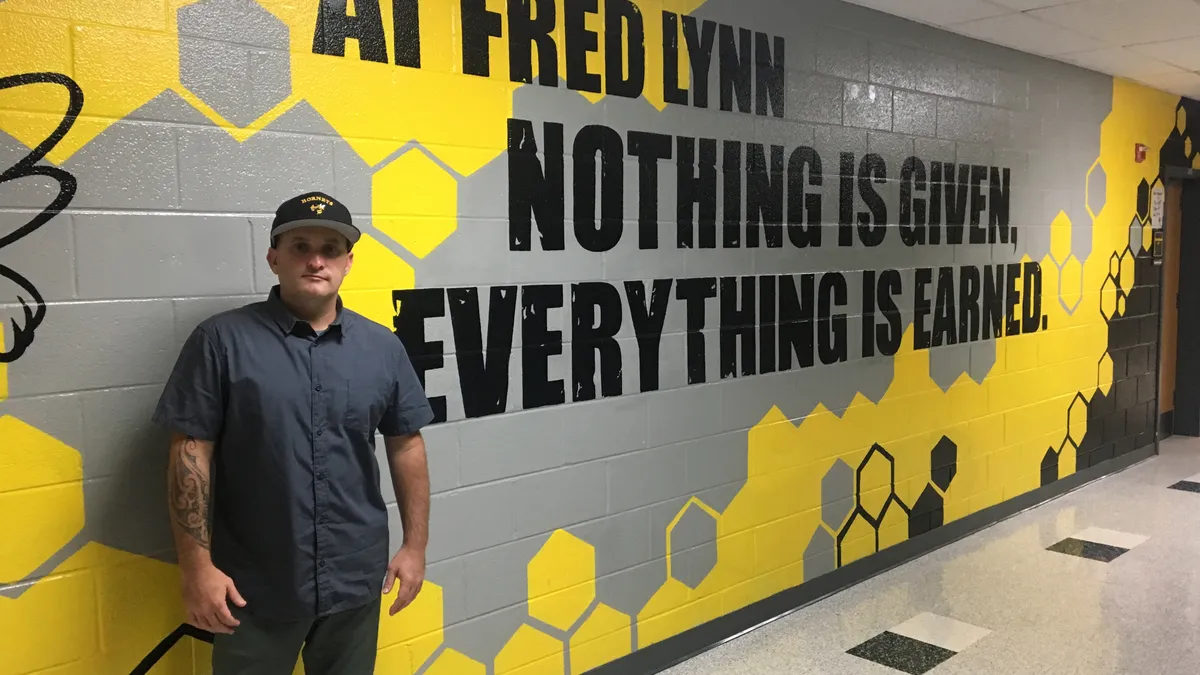Lessons In Leadership is an ongoing series in which K-12 principals and superintendents share their best practices as well as challenges overcome. For more installments, click here.
After four years leading another New York district, Superintendent Deborah Wortham returned to the Roosevelt Union Free School District in 2020 — just five years after an initial three-year stint in which she worked with the community to raise Roosevelt’s schools from improvement status to an 86% graduation rate.
But it was an experience earlier in her career as principal of a Baltimore high school that really forged a people-driven passion for turning around schools that need help.
Aside from student discipline and achievement concerns, Wortham said, one of her first significant takeaways from her time at Baltimore City College high school was that many students wore their coats throughout the day.
“I said to them, ‘I don't want students wearing coats in class. When you come in, put your coats in the locker.’”
Then Wortham realized there was a reason for this — the school, which is one of the nation’s oldest active public schools, was short on lockers. While that issue was being addressed, students were welcome to hang coats in her office.
“I couldn't believe it,” Wortham said. “And so even when we fixed the locker situation, we still had students bringing their coats into my office, hanging them up, [saying] ‘Good morning, Dr. Wortham,’ building relationships.”
From then on, Wortham said, she understood that students didn’t care if she knew the Pythagorean theorem or calculus. What they wanted to know was, “Do I care? Am I visible? Can they see me in the cafeteria? Am I going to any athletic events?”
As that high school came off the improvement list, she set out on her journey of serving communities where schools weren’t yet at their best and helping them move forward. We recently caught up with Wortham to learn more about what it takes to turn around a school system and how important school culture is in that equation.
Editor’s Note: This interview has been edited for brevity and clarity.
K-12 DIVE: In your first stint in Roosevelt Union Free School District, you left with all five schools in good standing. What would be your main piece of advice for other district leaders who are working to lift schools up?
DEBORAH WORTHAM: I have in my head something that I call the “fit checklist.” And the fit checklist means, “Does the district respond to your why?”
If your why is — as my why is — to serve in communities where the district is not a blue ribbon yet, then that's my recommendation: Know your why. Because when you know the type of district and the type of environment that you want to serve, then that makes everything else that follows satisfying.
When I came to this district, it was advertised as being the only district in the state of New York that the New York State Education Department had actually taken over for 12 years. When I read that, that made me apply, because that was the fit for me. That's my commitment.
There is a method for school improvement, for transformation, and it resonates from your heart and collaborating with everyone and determining the commitment to student achievement. But the commitment to student achievement is [also] the commitment to teacher development and administrator development. When we develop each other, then our students will rise to the top. I believe it with my whole heart.
That plus the story about the students’ coats in Baltimore goes back to the importance of building positive school cultures and having an equity-minded approach. What are the most important steps a school or district leader can take to improve culture?
WORTHAM: You must have student voice. You must have community, parent voice, teacher voice. When you're constantly having groups of people talking with you and conducting surveys to hear from the field what's happening, it sends the message of what we need to do to make sure that our students are seen and heard, that our teachers are seen and heard, that our parents are seen and heard. And of course, all of this is undergirded by board policy.
And you must have stamina. Meaning you can't keep changing curriculum or keep changing your concept or what you believe every year. You can't. You've got to stay the course.
Has it been easy? No. Has it been rewarding and challenging to keep all these balls in the air for finding the time for professional development, etc.? Yes.

Deborah Wortham
Superintendent, Roosevelt Union Free School District
I believe that leaders establish that culture. I heard Mahatma Gandhi's grandson speak at Fordham University, and he said great leaders reproduce. I'm in the reproduction business. I need to reproduce and to create and build student leadership, teacher leadership, staff leadership. I need to do it. That's my job.
My job is to facilitate the growth and the development of other leaders.
You've improved state assessment performance over the past two years. Assessment performance more broadly has been a big talking point in recent months as a clearer picture emerges of pandemic learning loss. What steps did you take to improve state scores? I’ve heard tutoring was key to your approach.
WORTHAM: With the ESSER [Elementary and Secondary School Emergency Relief] funding that we received, you had to spend a certain percentage on professional development. When the school board gave me the challenge of resetting the district … it was the perfect time for us to partner with various entities to create the Roosevelt curriculum — aligned with state standards. So for the last two years, we have perfected the process of teaching and learning, pre-K-12, with teachers at the table working together.
Has it been easy? No. Has it been rewarding and challenging to keep all these balls in the air for finding the time for professional development, etc.? Yes.
The board wanted to eliminate fragmentation between the elementary schools and then throughout the district. They wanted the curriculum, the instruction, to be seamless so when students enter kindergarten, we can show parents, “This is the path your students will take. These are the courses. This is what they're going to learn pre-K-12, and we can guarantee success.” That's what I love.
So the tutoring component comes in, in my mind, in the way we do it here, through differentiated instruction. And that's one way.
We embrace and use an assessment system where our students are assessed in every grade level every six weeks, so we know their strengths and the areas that we need to strengthen.
That's where the differentiated instruction comes in. That's where the tutoring comes in, in many different ways: teacher tutors or paraprofessionals or virtual — which is my very favorite, because our students can do that at home. They can do it in the evening. They can do it with parent supervision while parents are preparing dinner, etc.
When you have virtual tutoring of many different types, then students can log on at their leisure or at their best learning time. Give me the concierge model that you can equip me to learn my very, very best, in my learning style. That's the benefit.


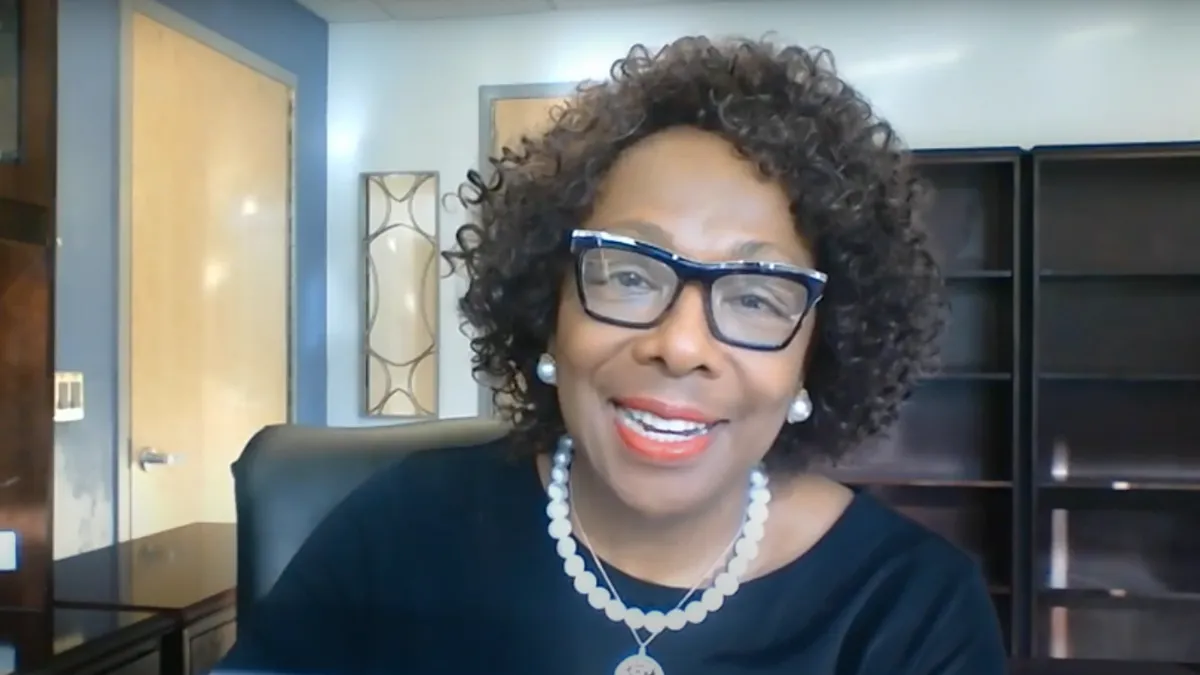




 Dive Awards
Dive Awards


